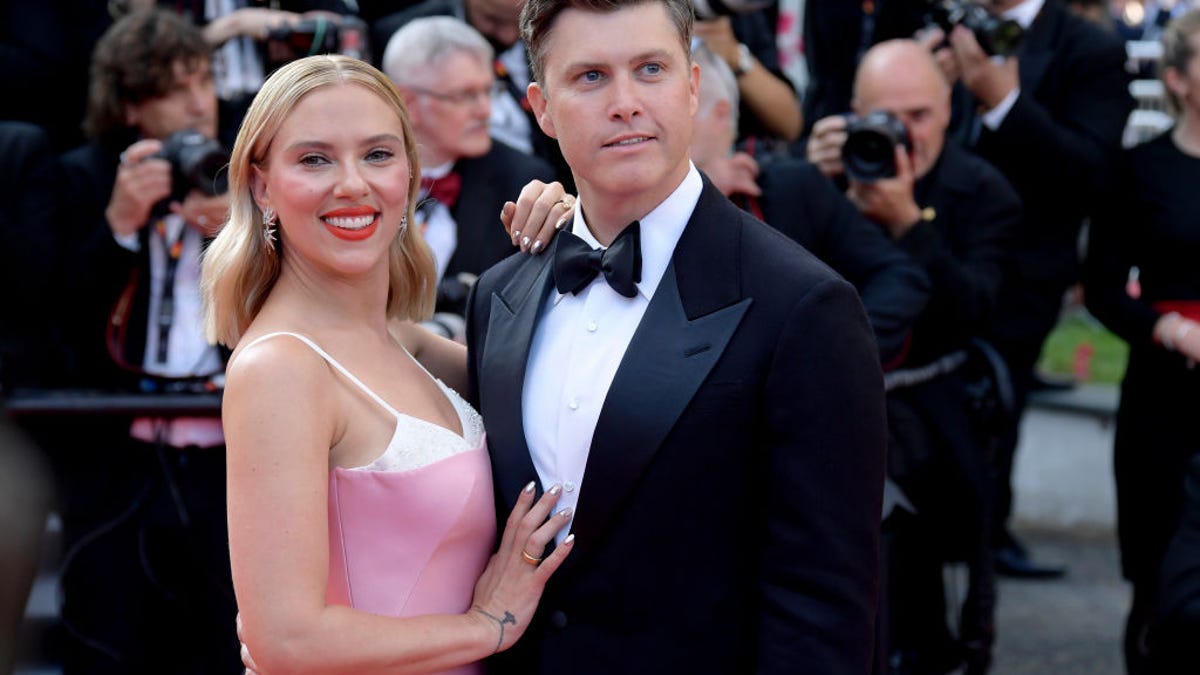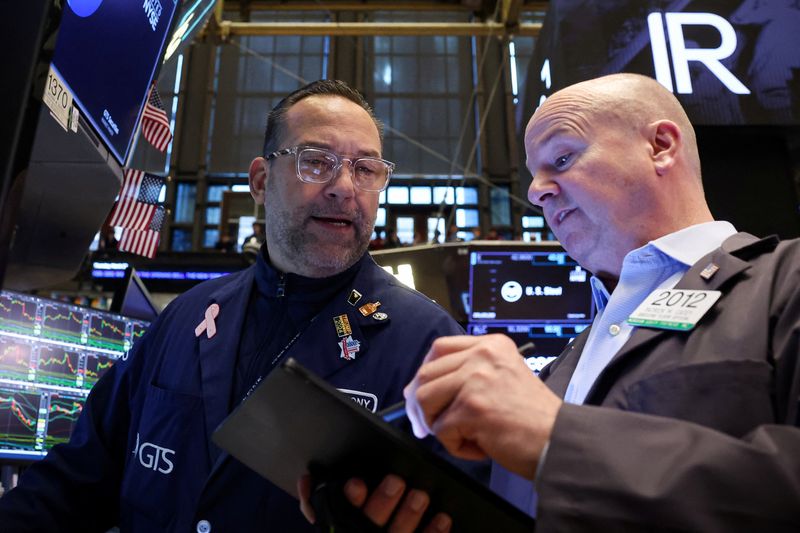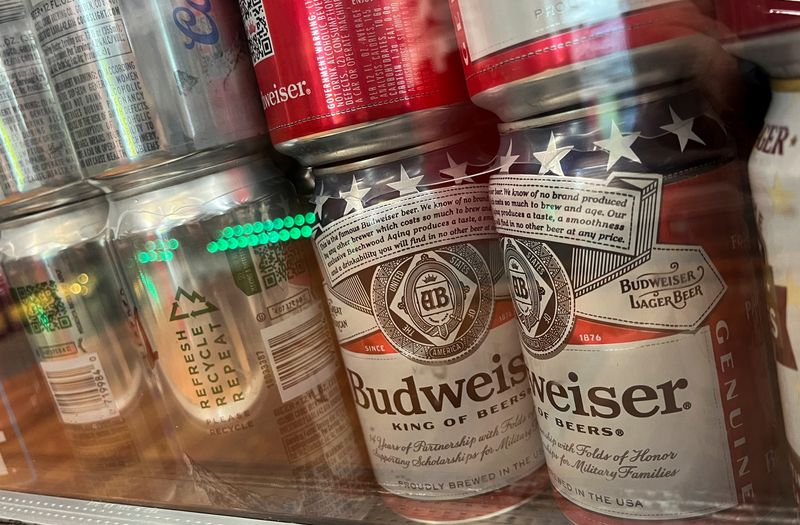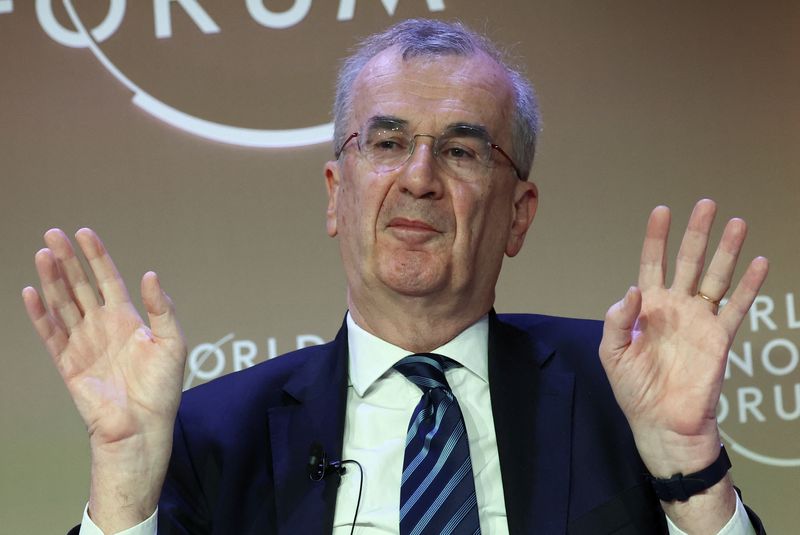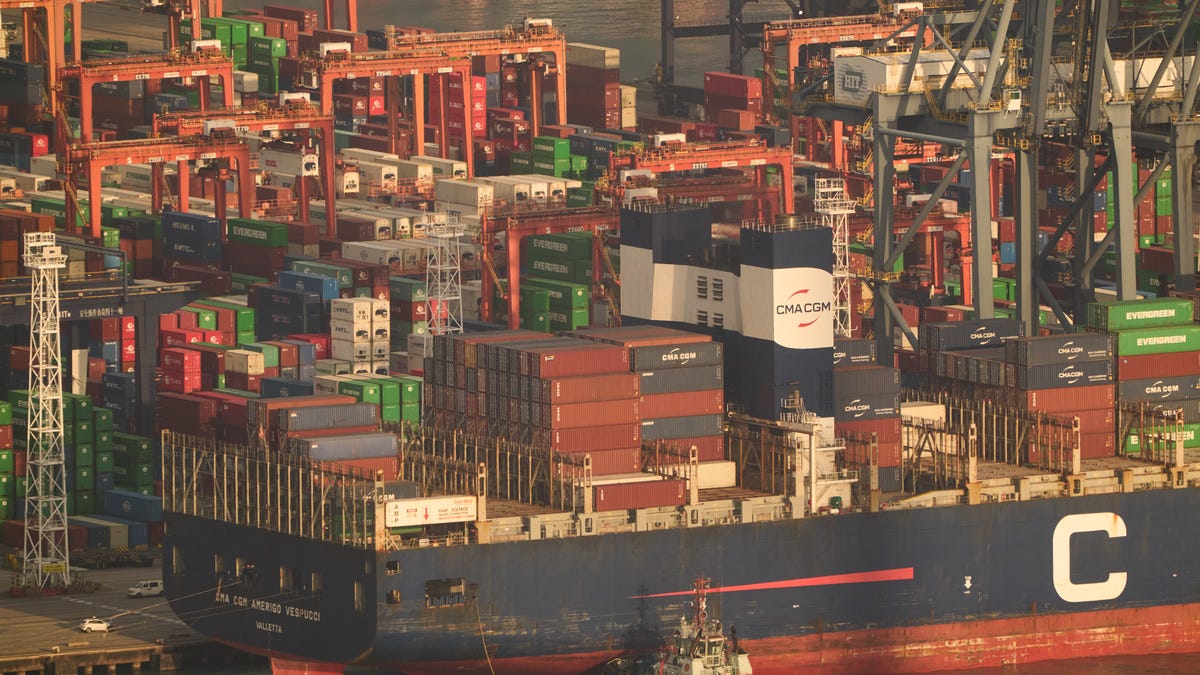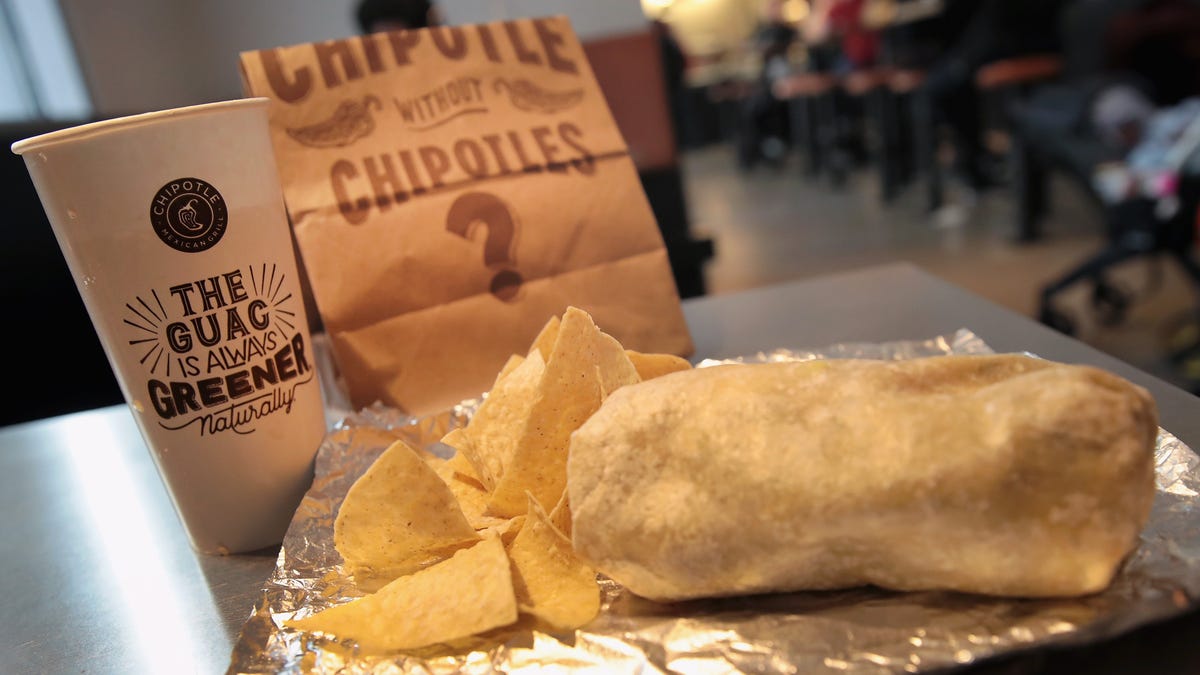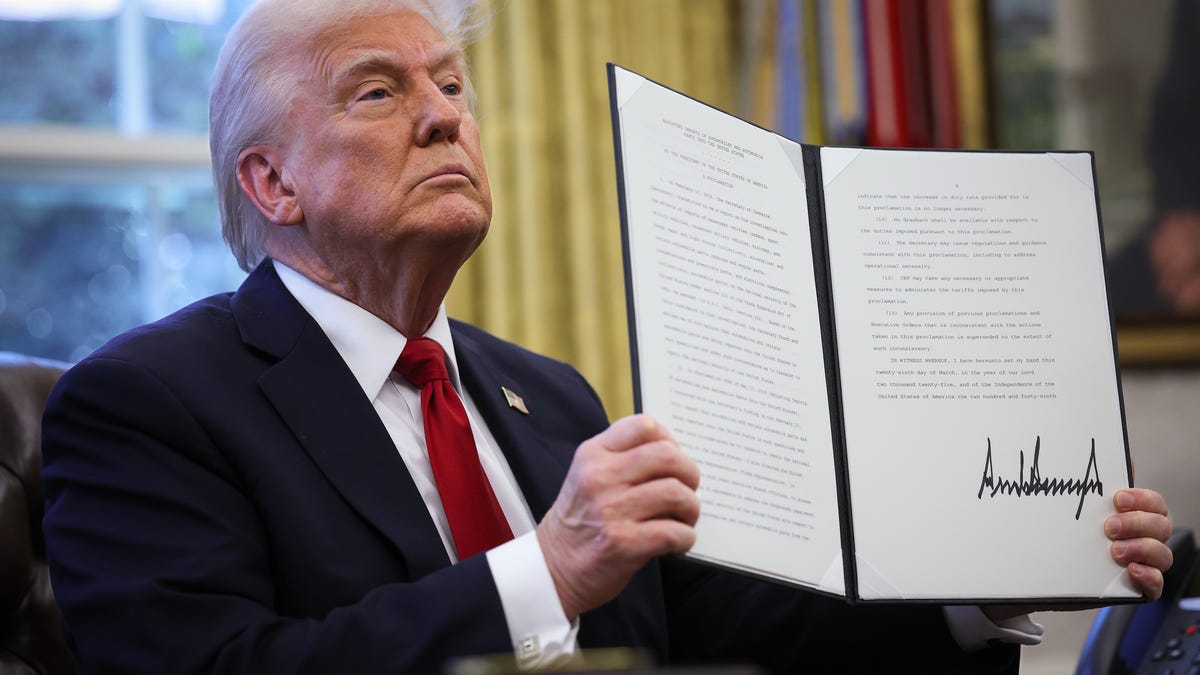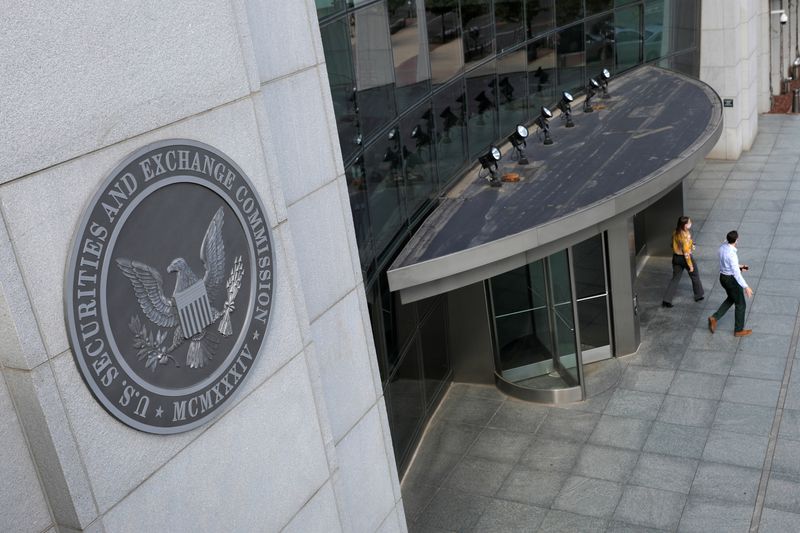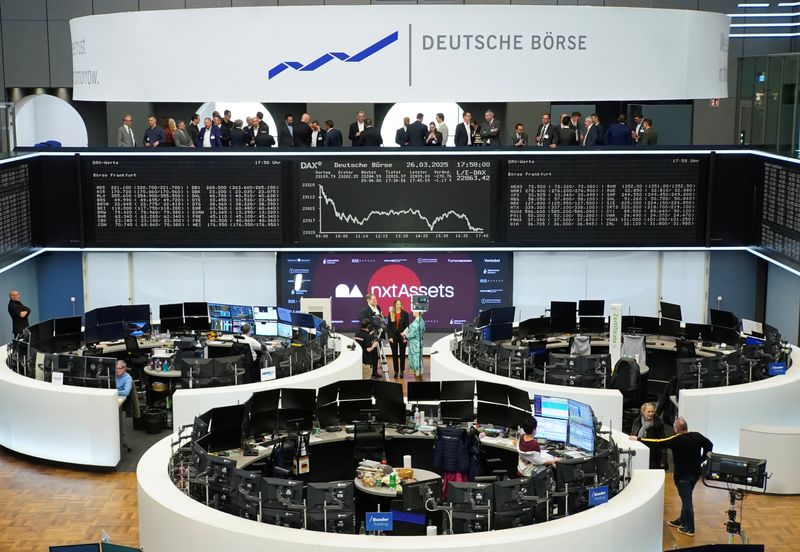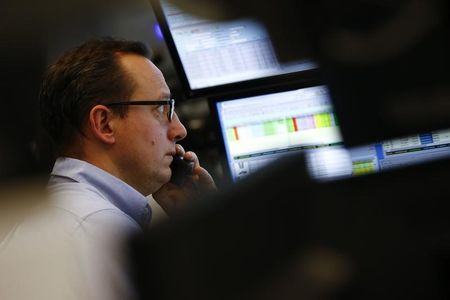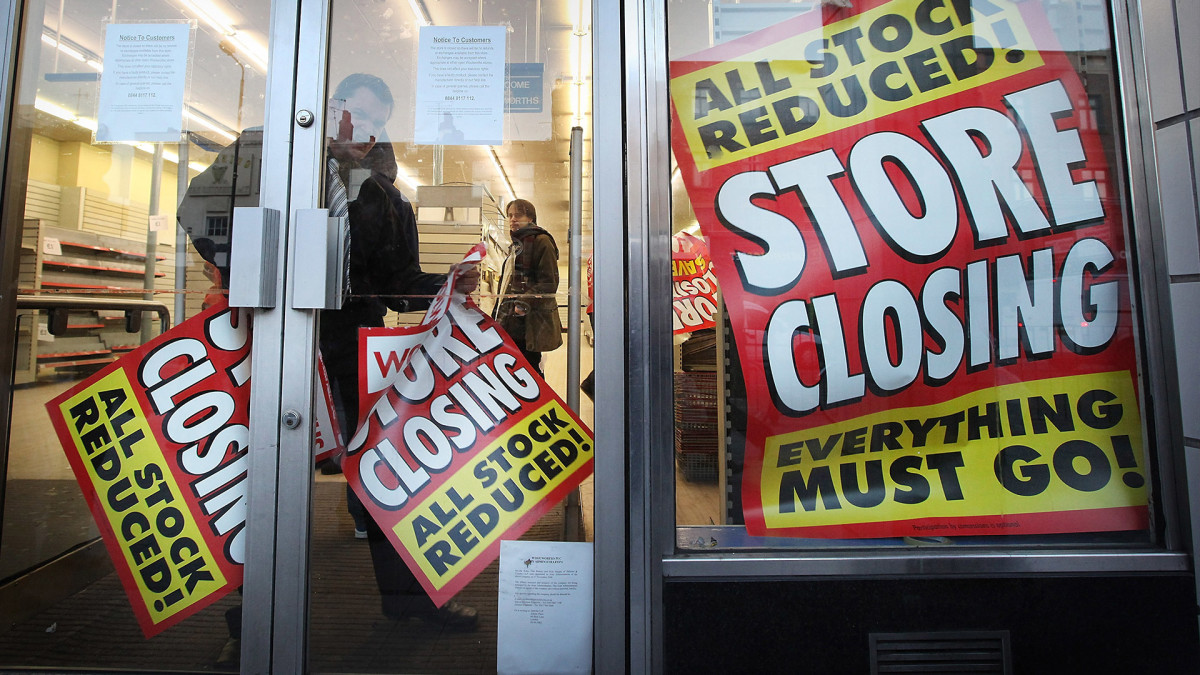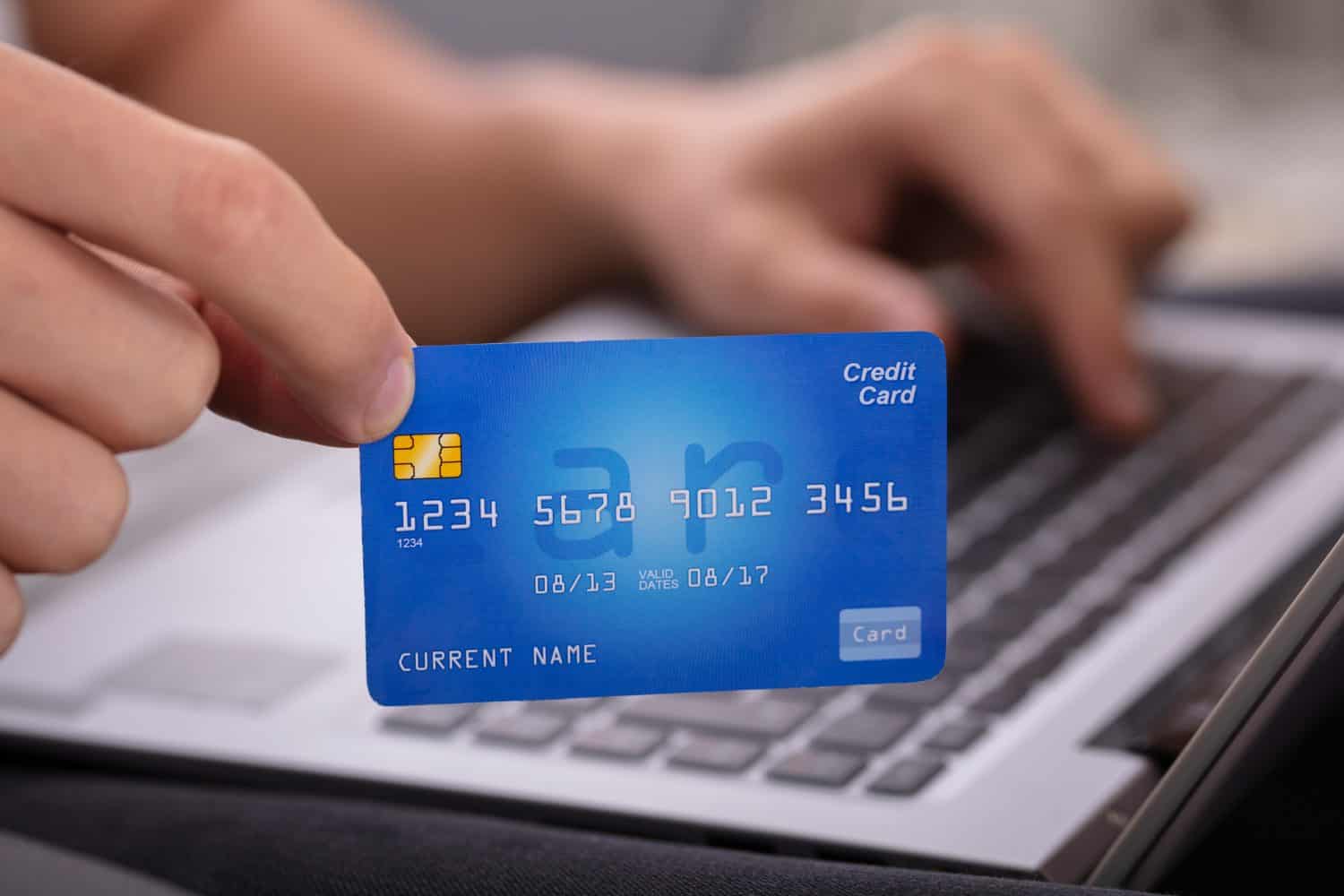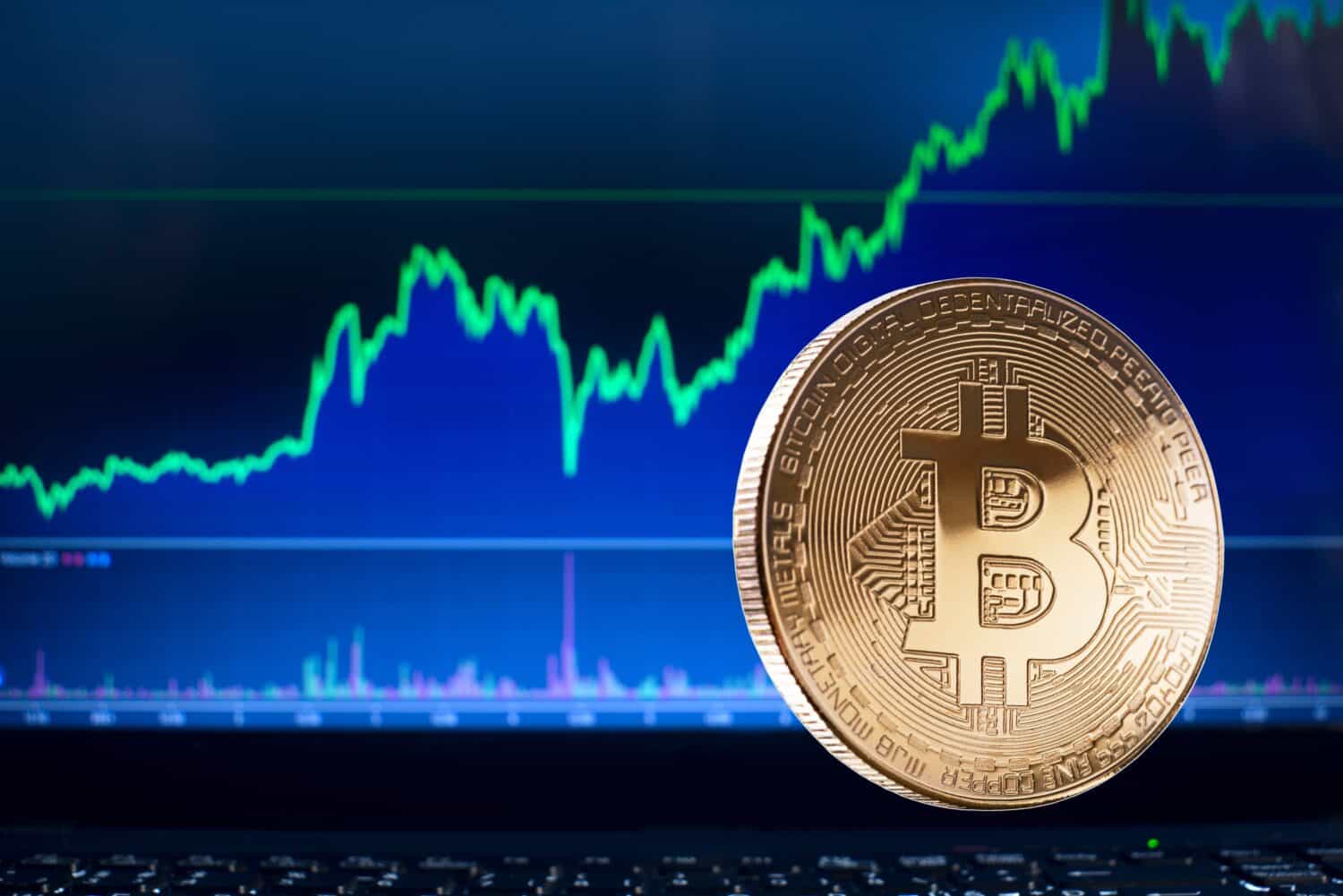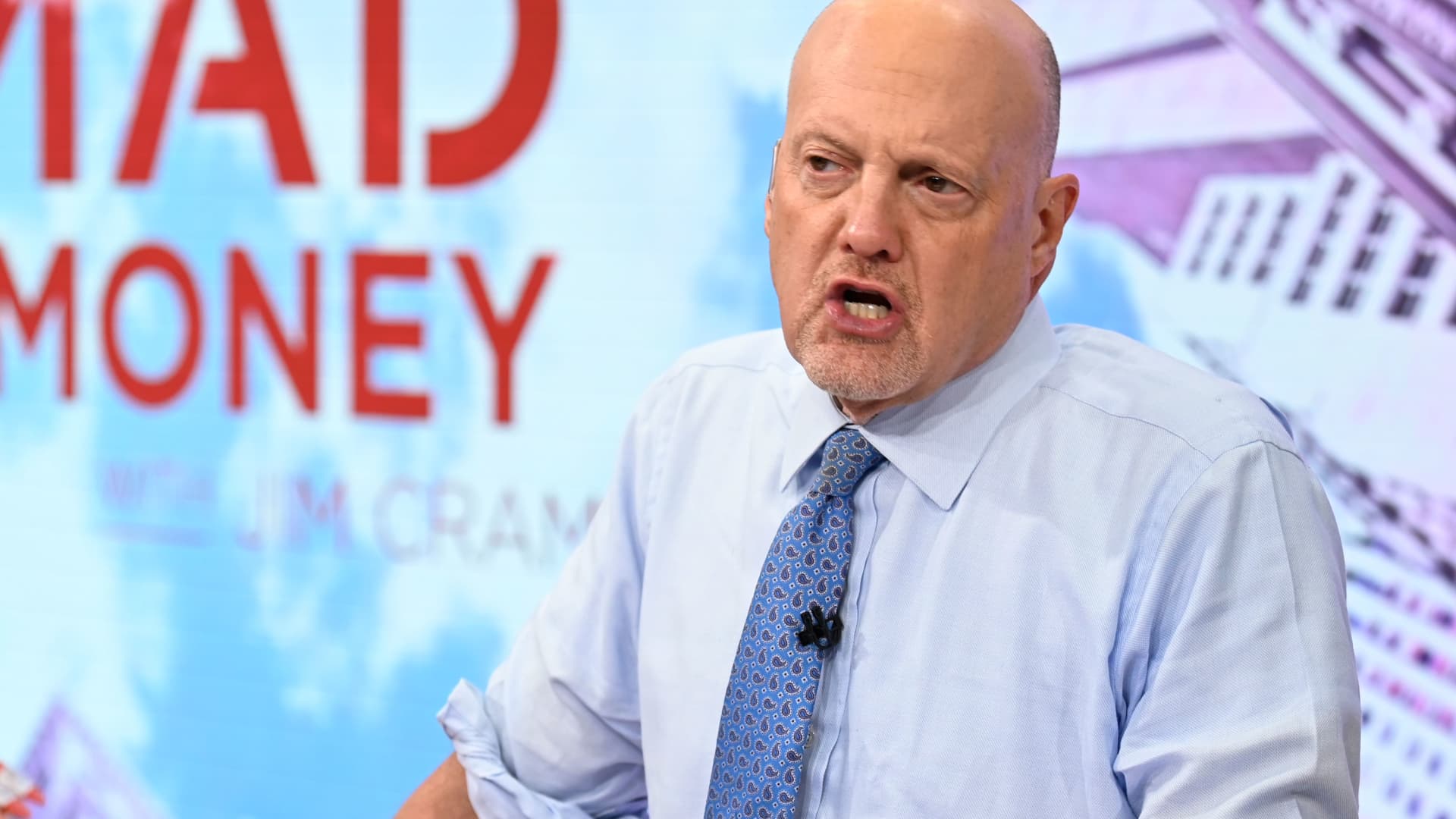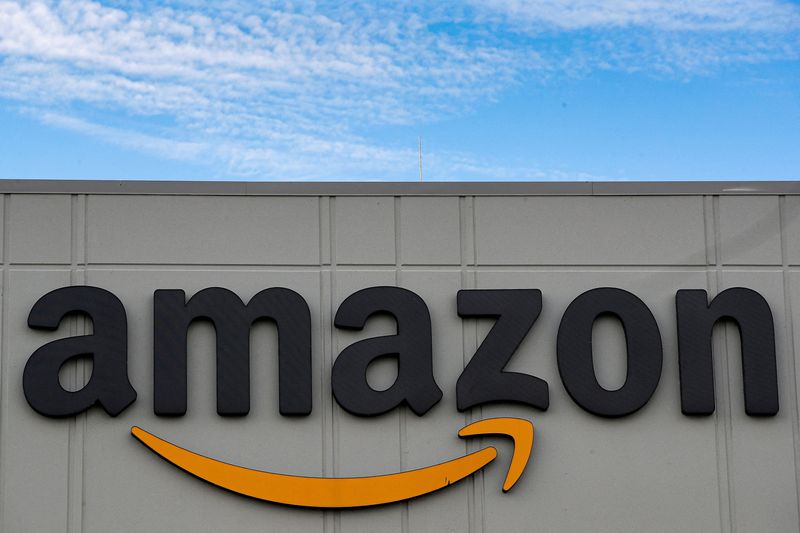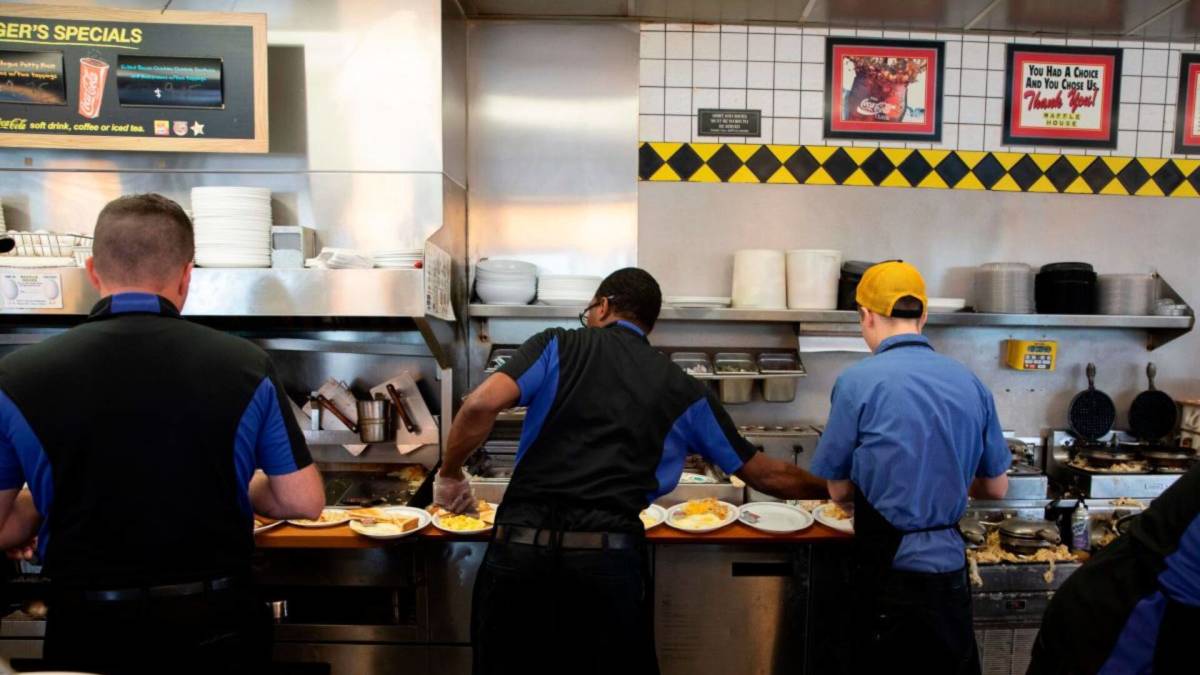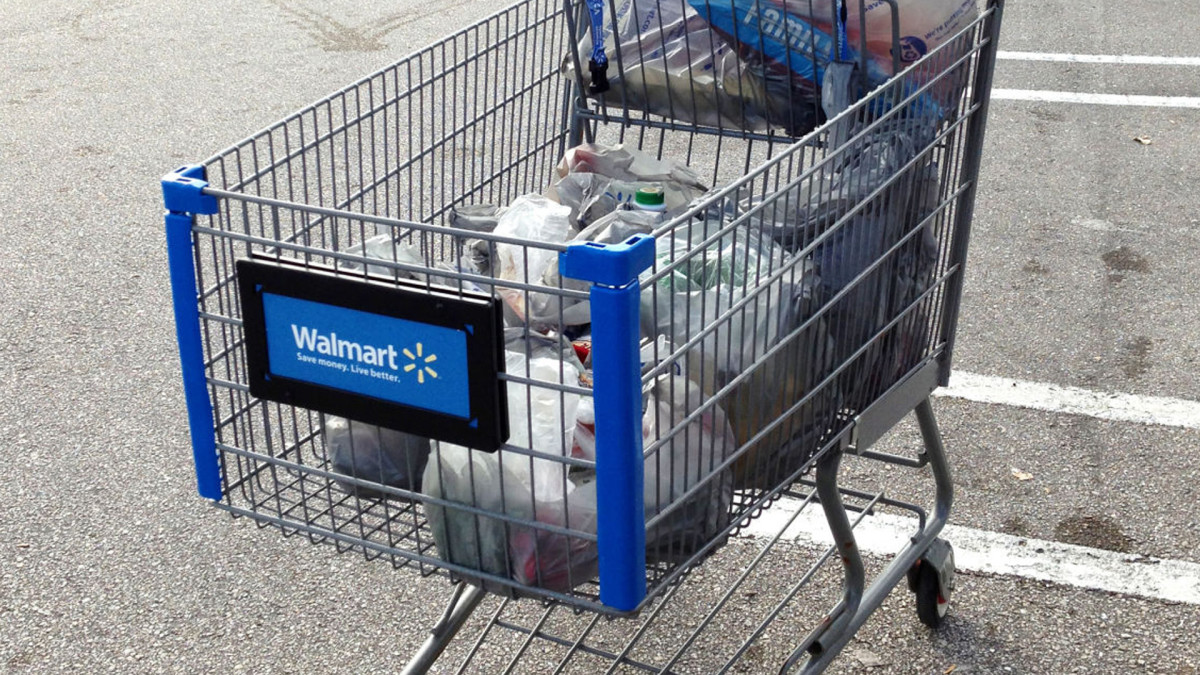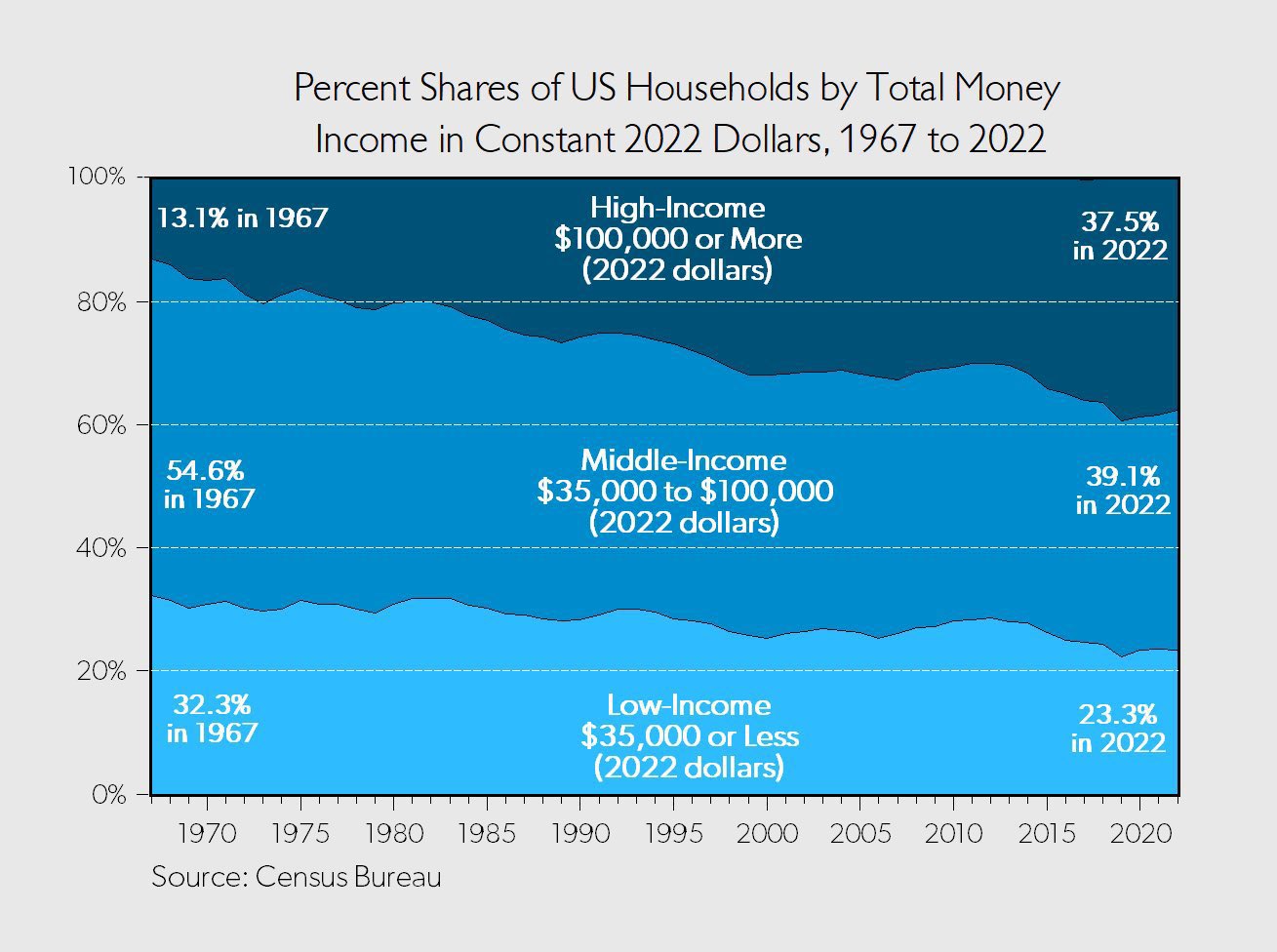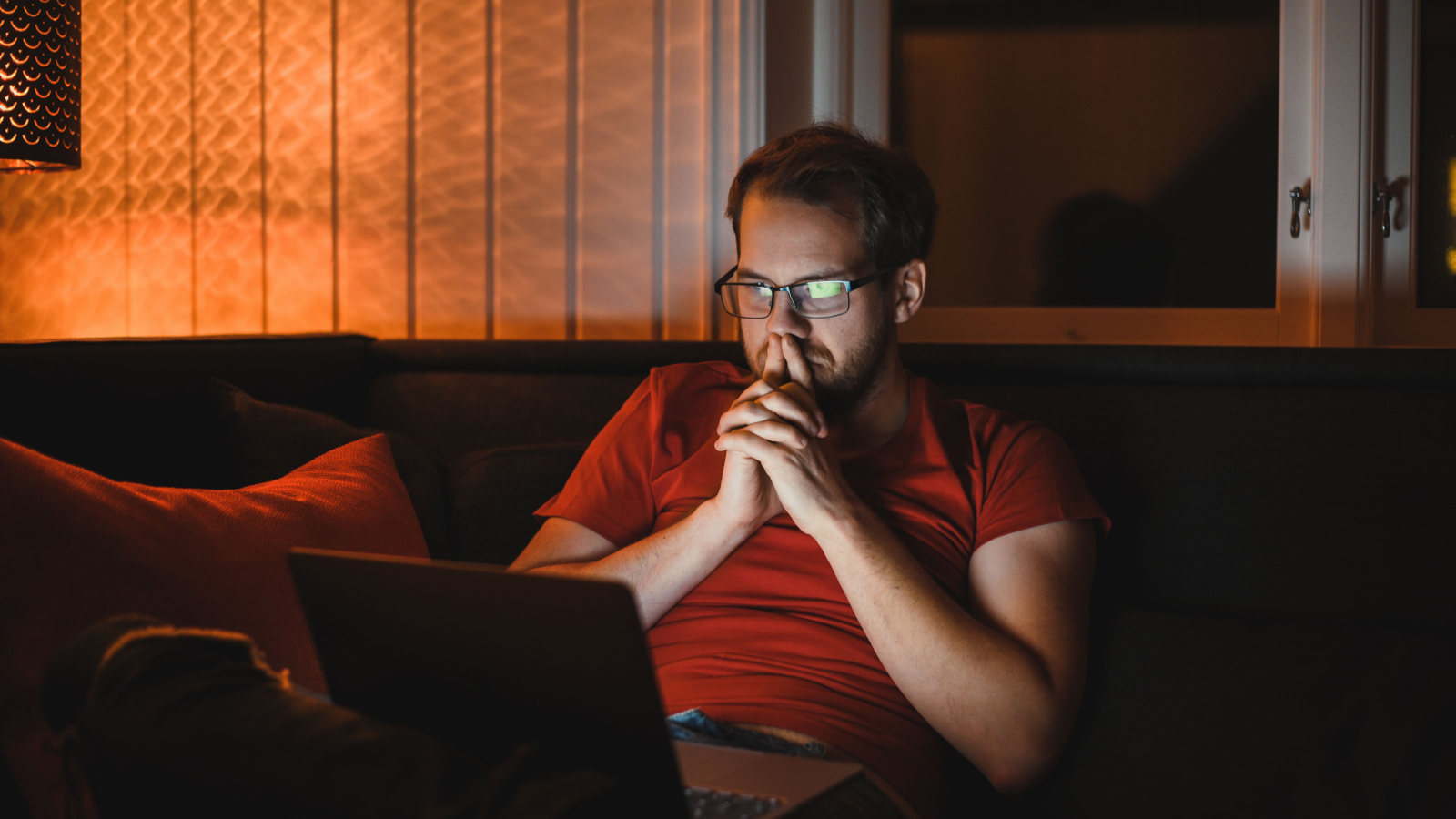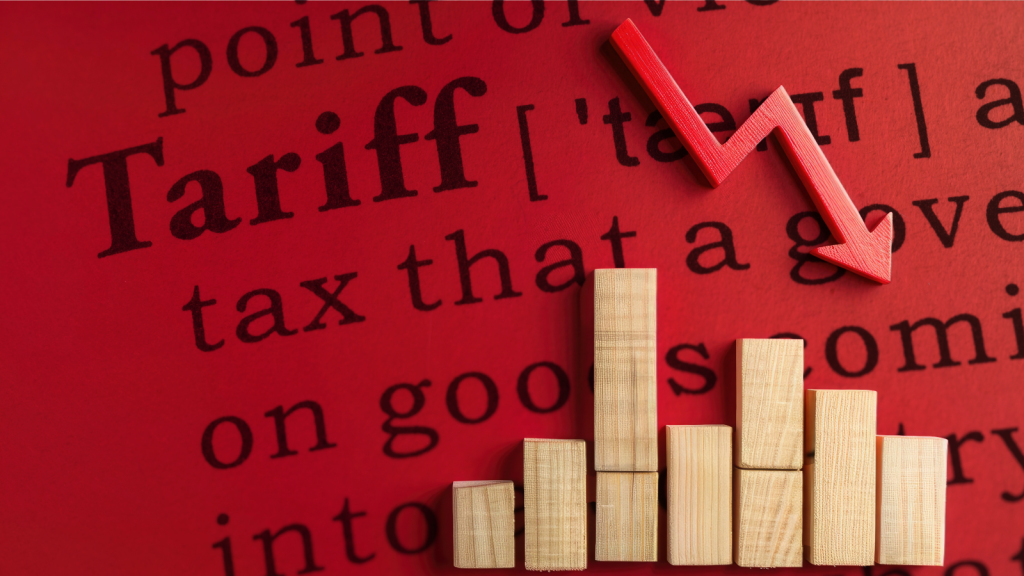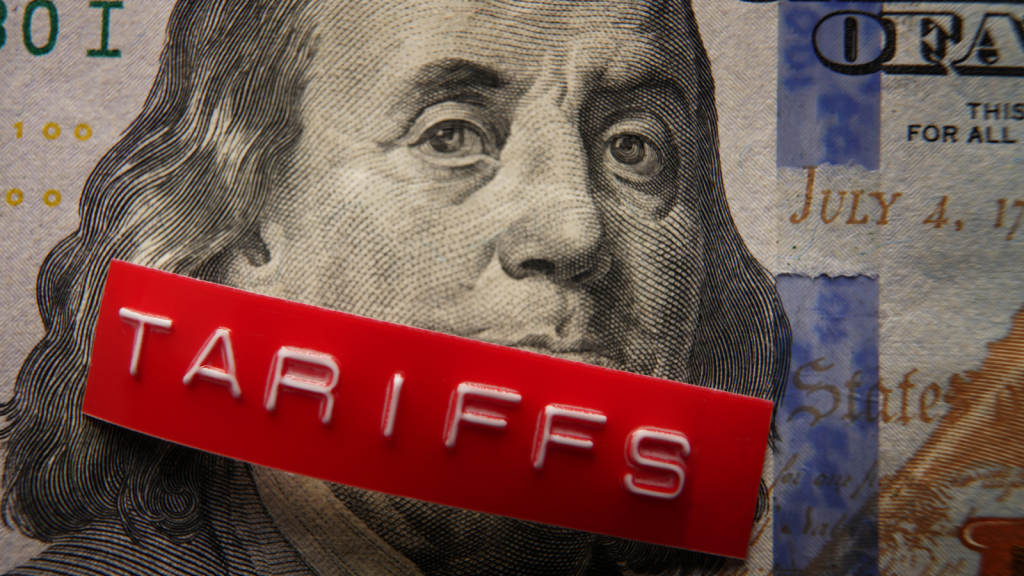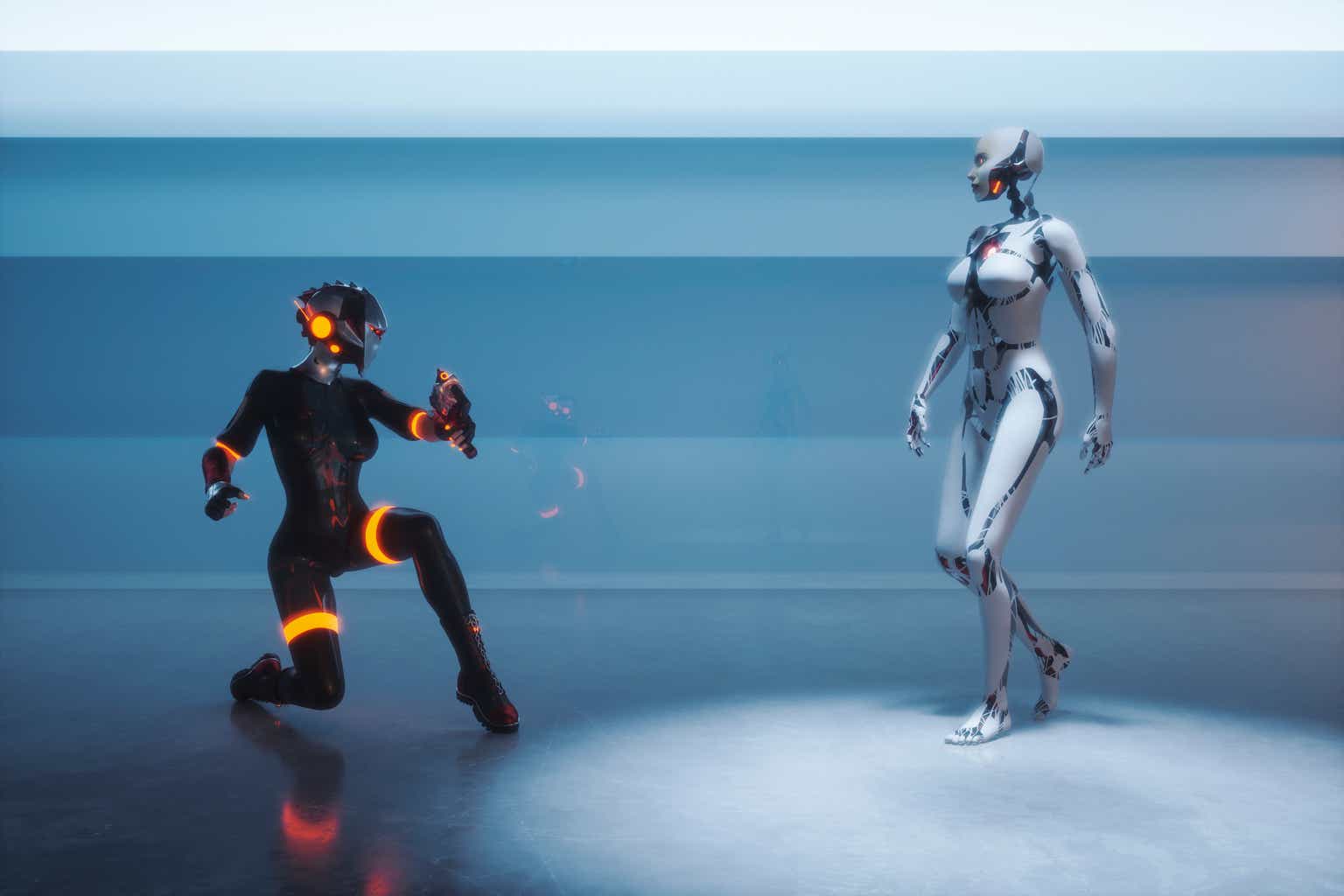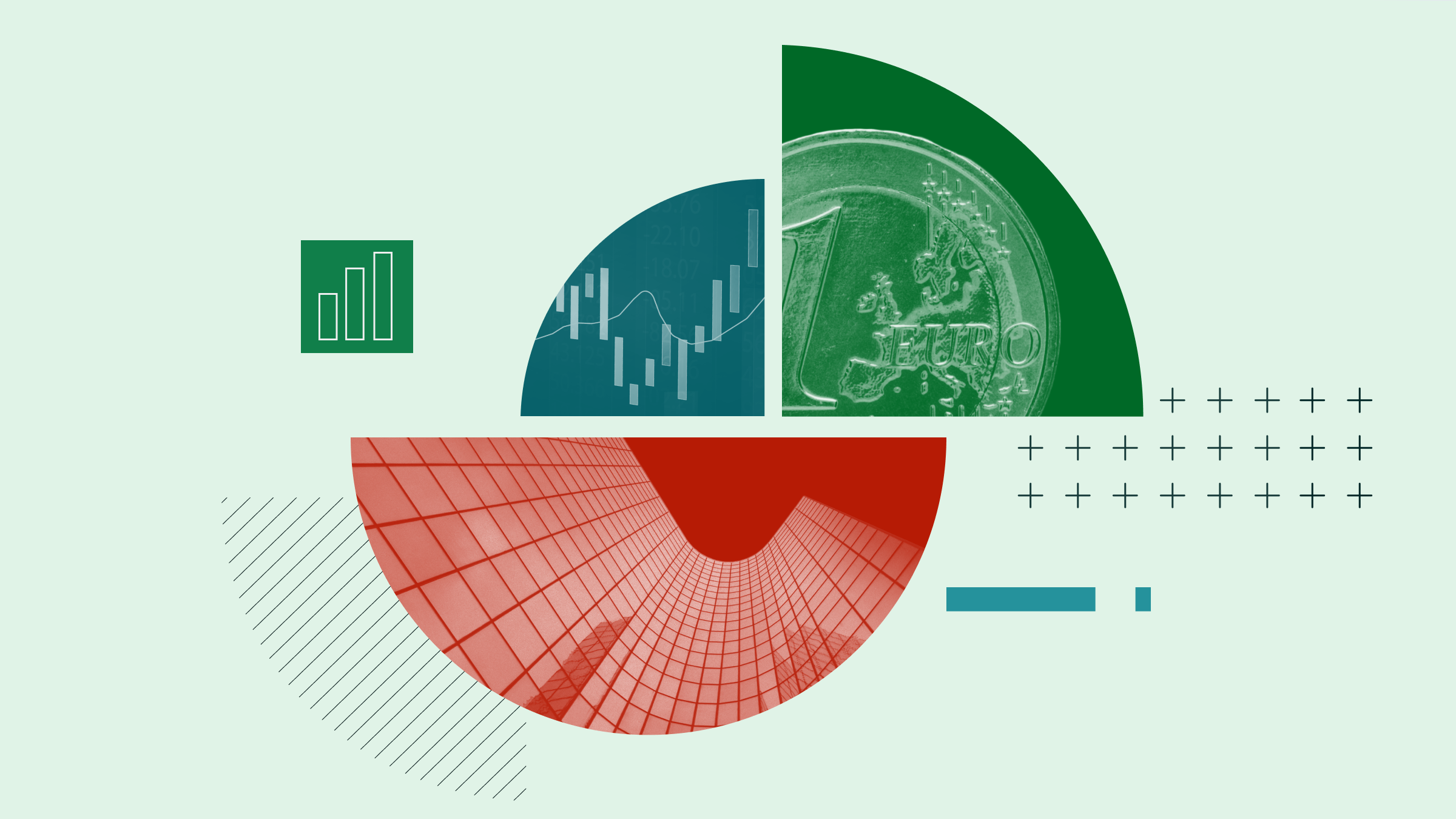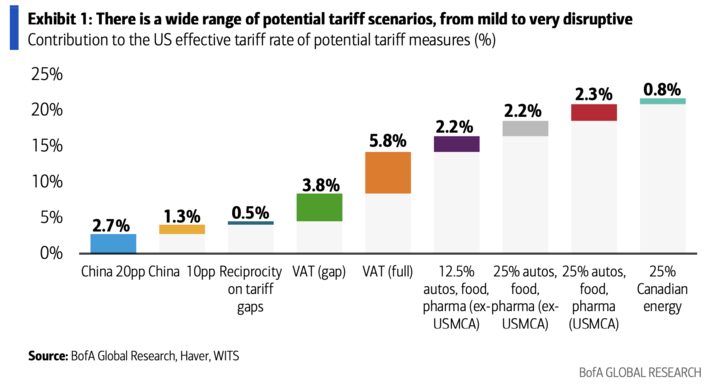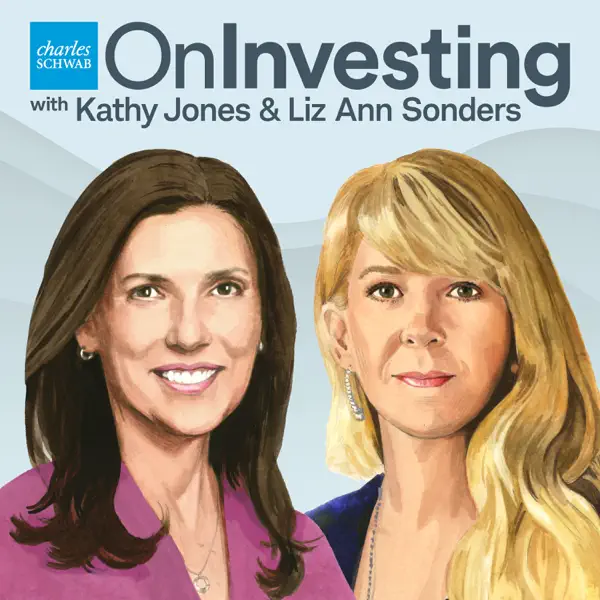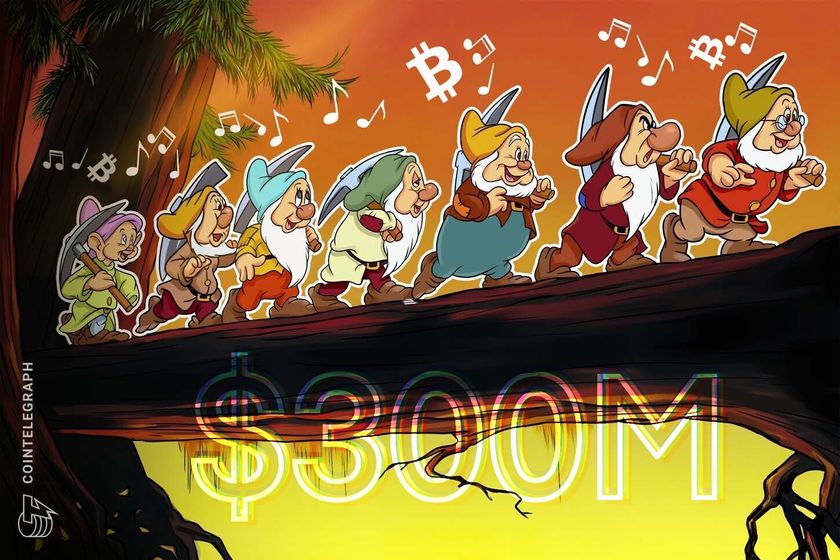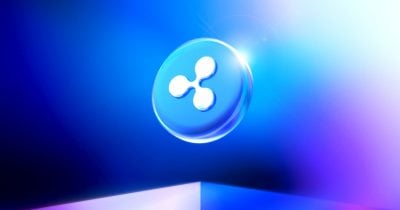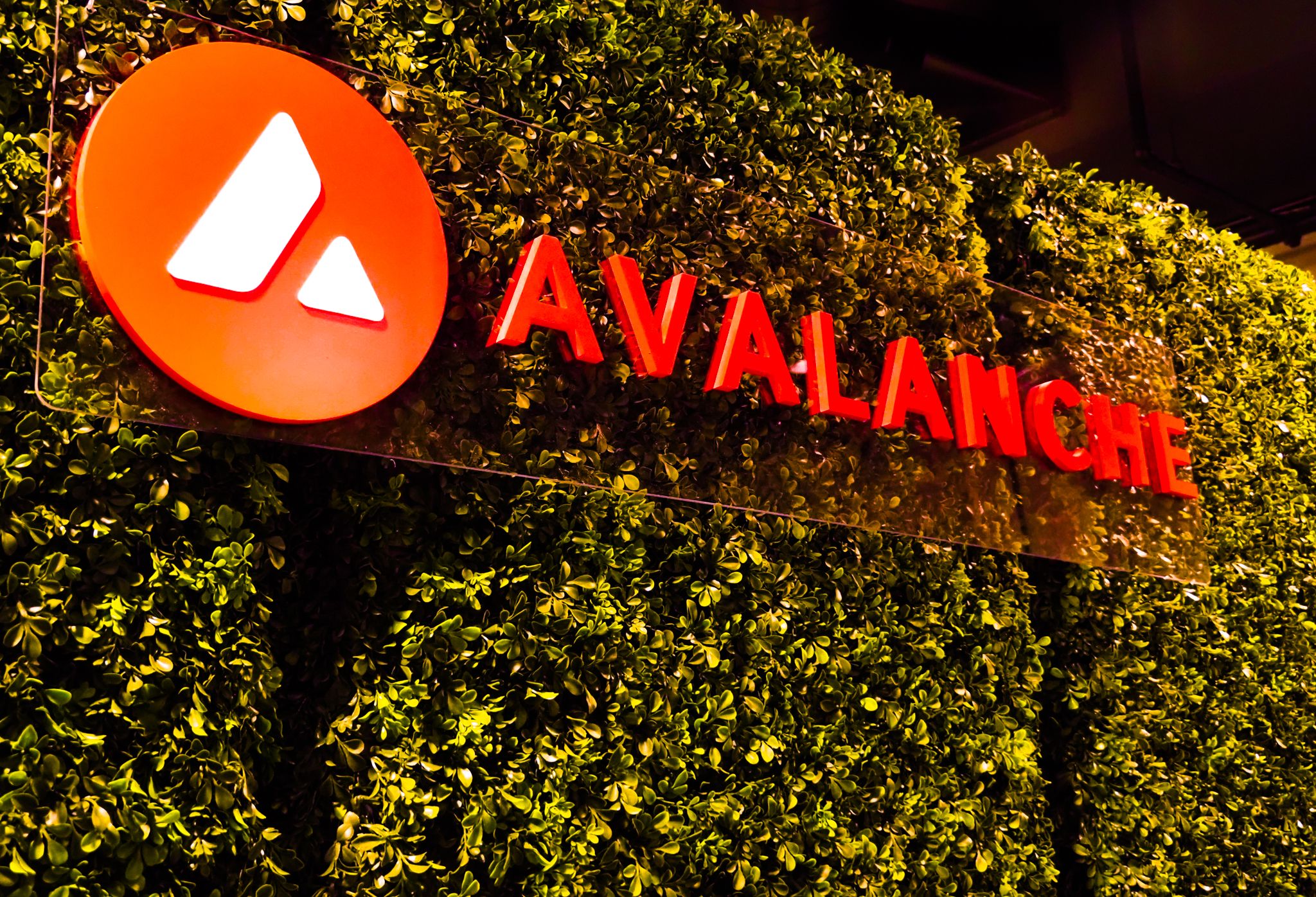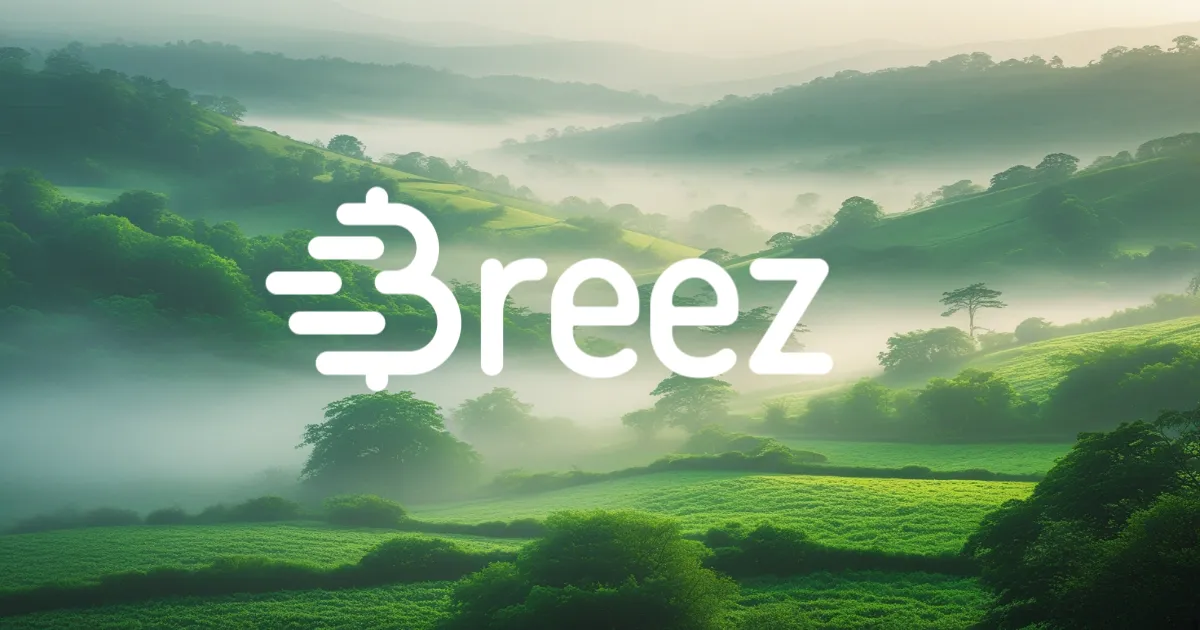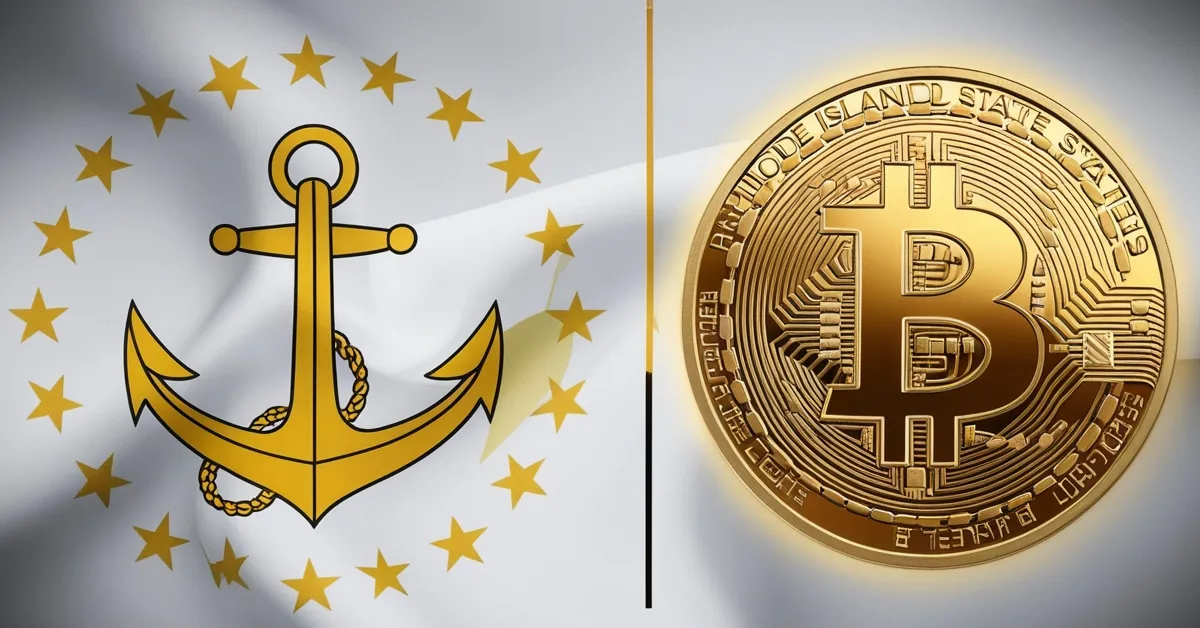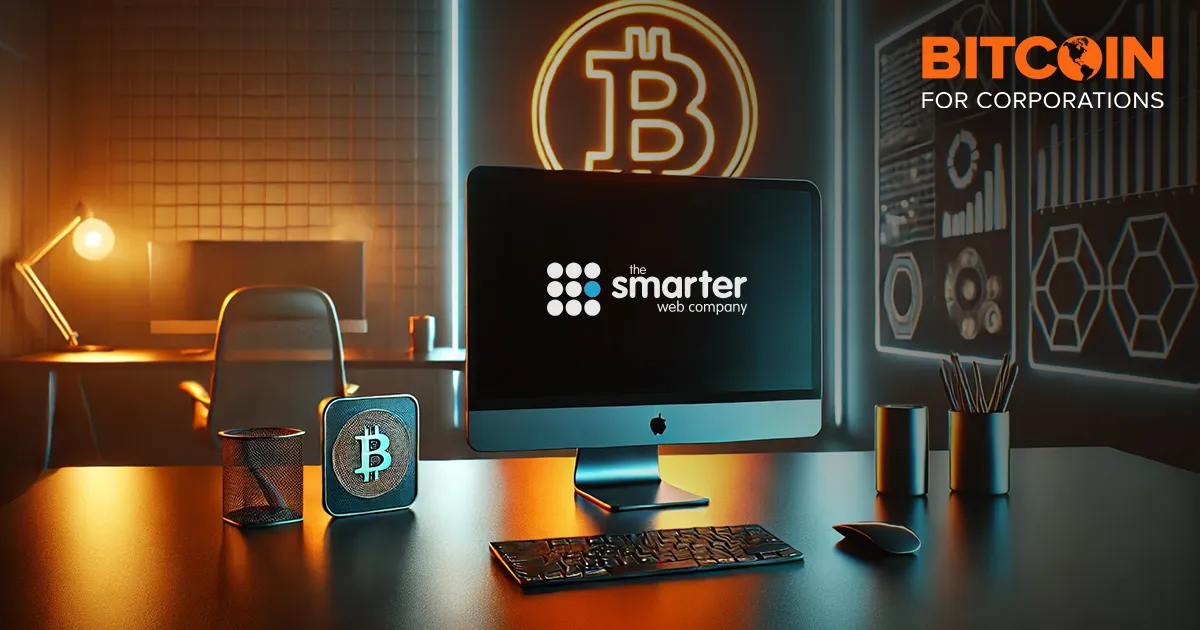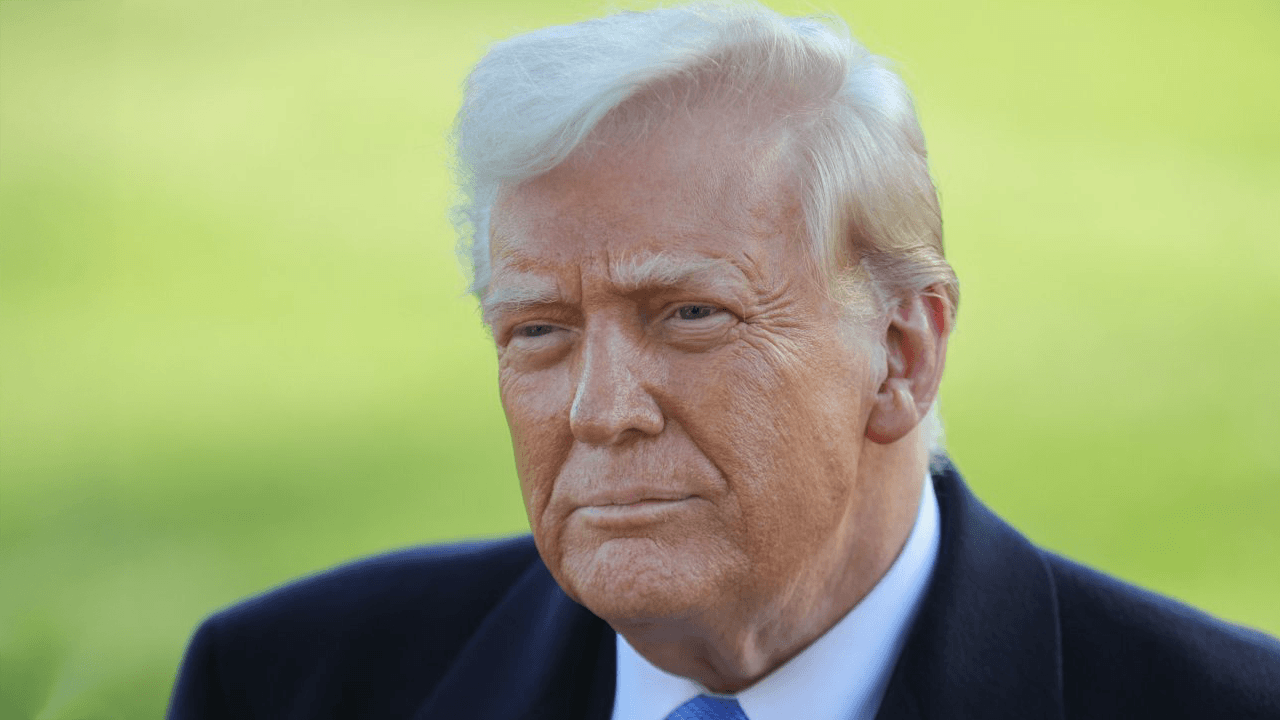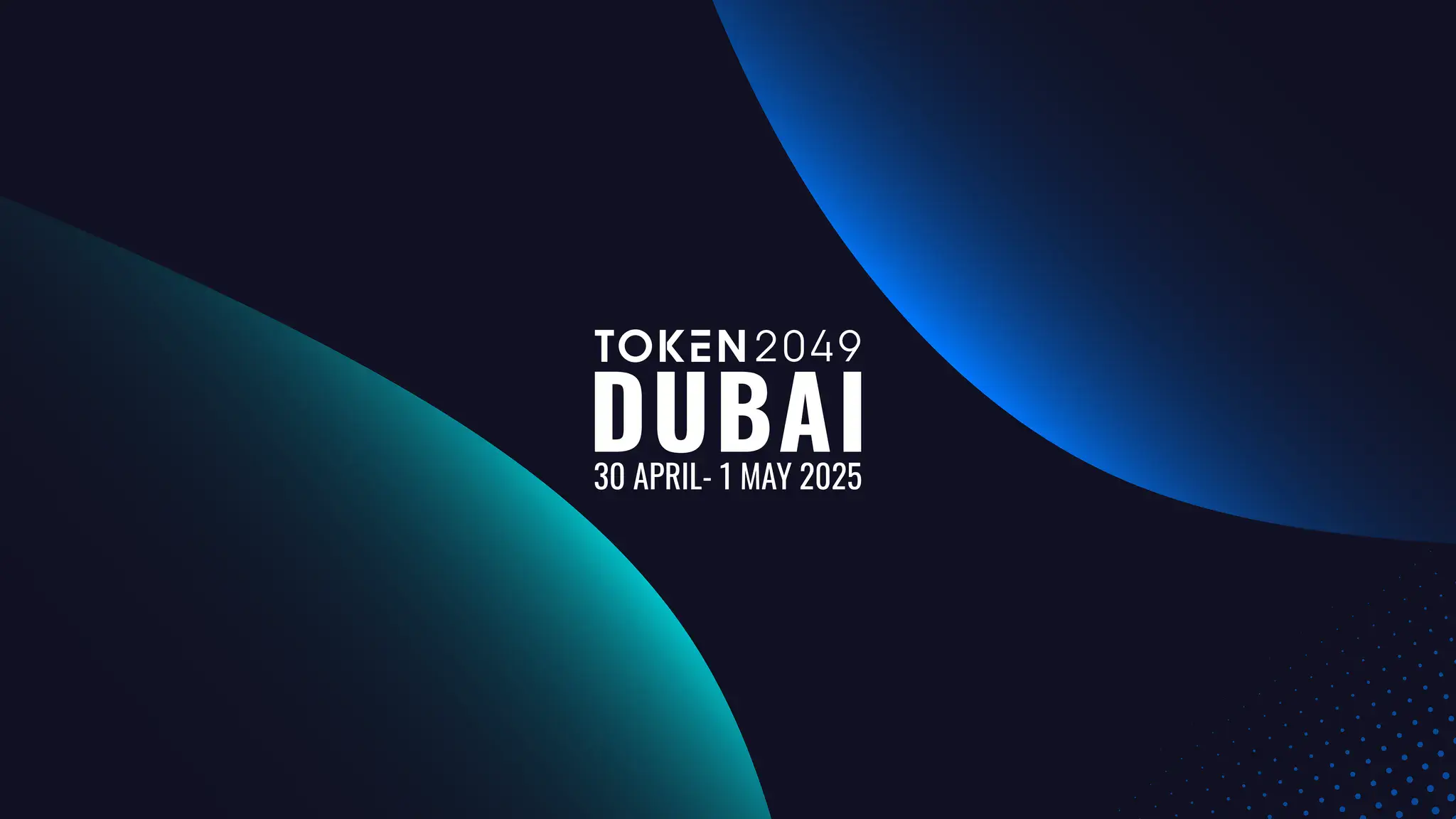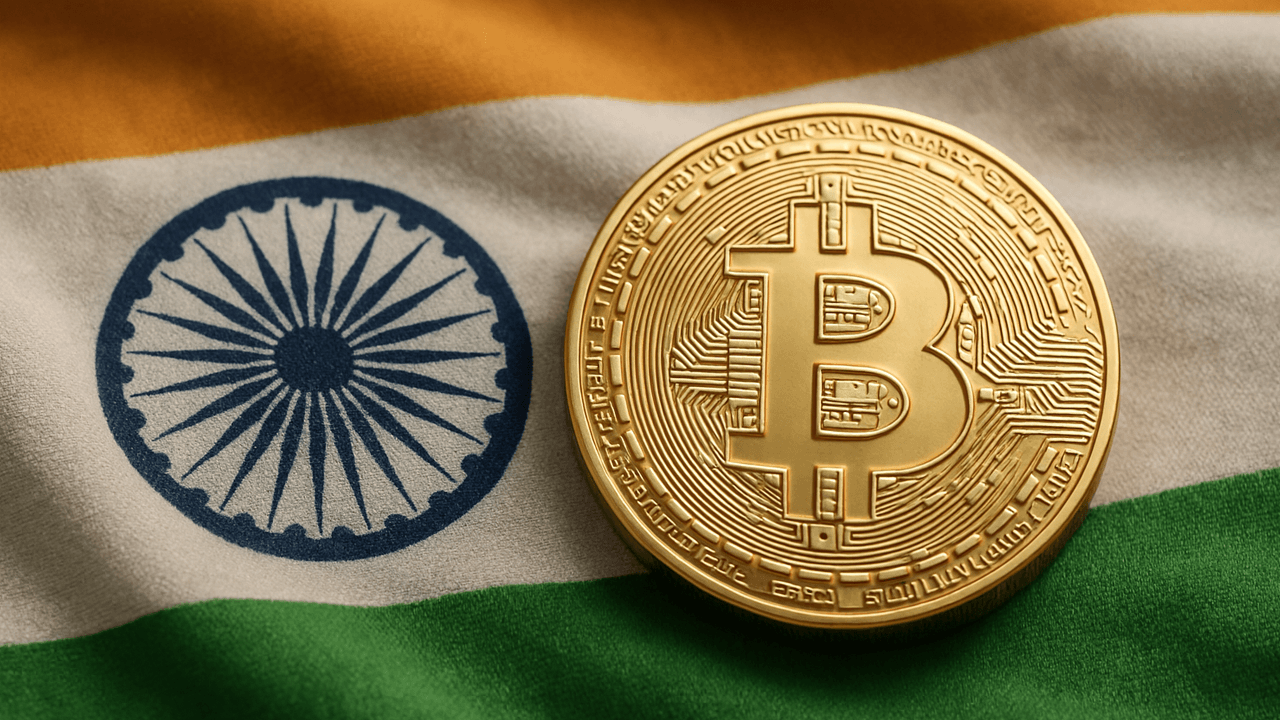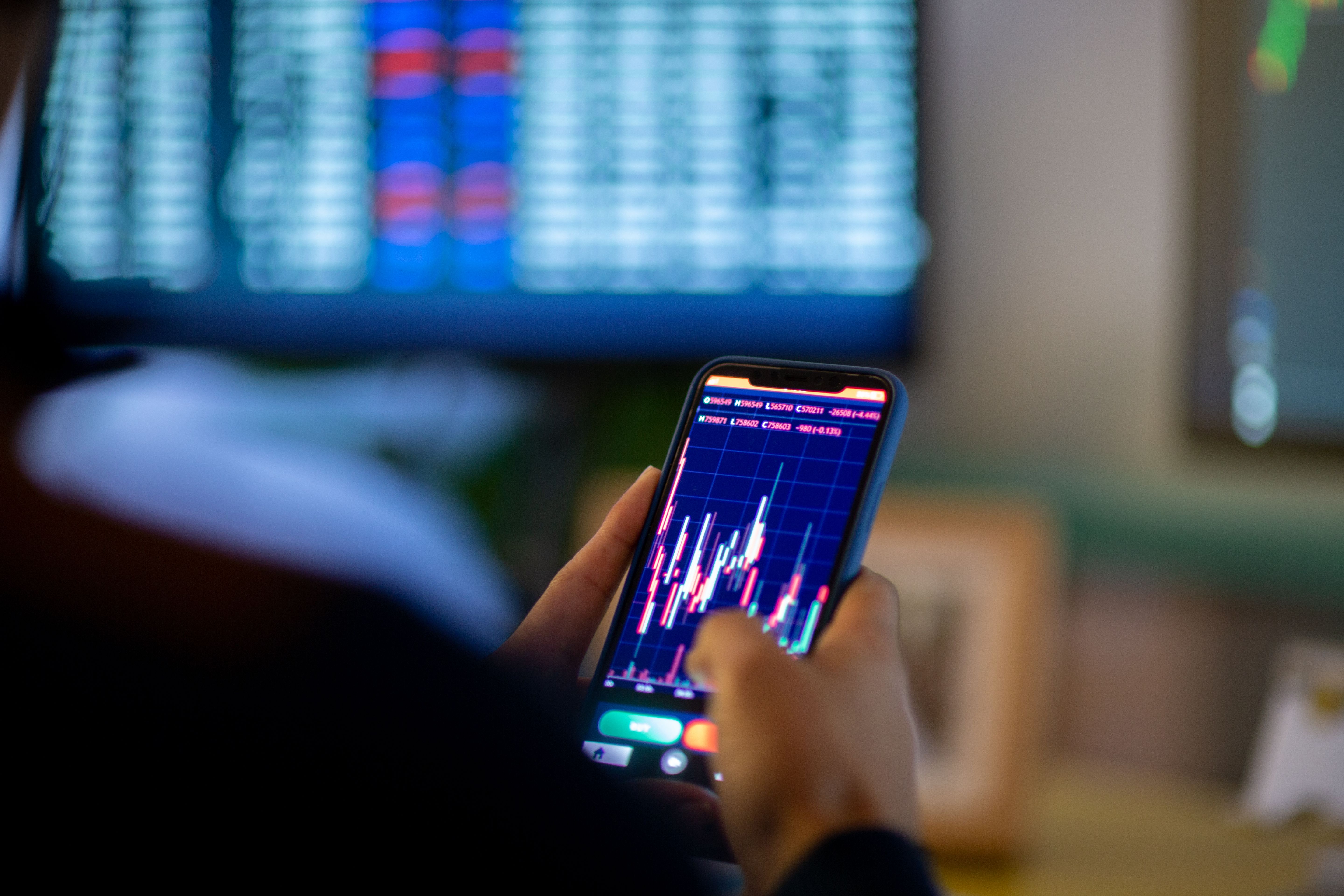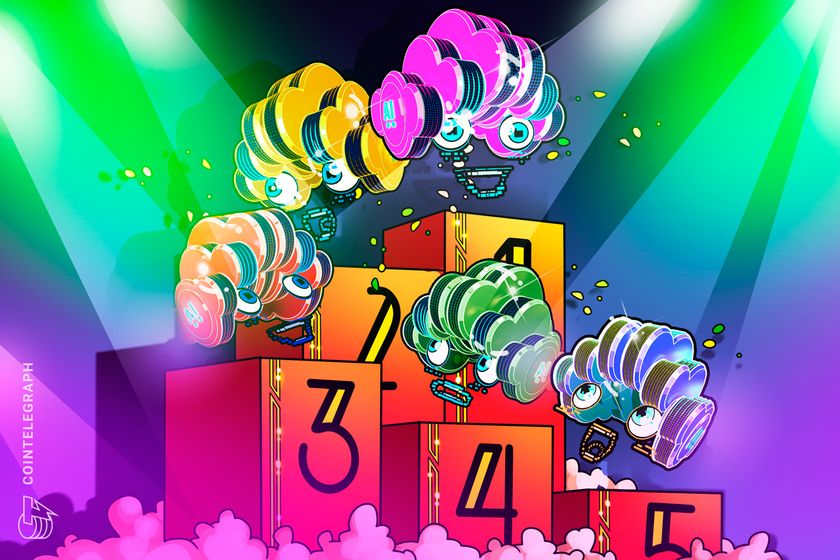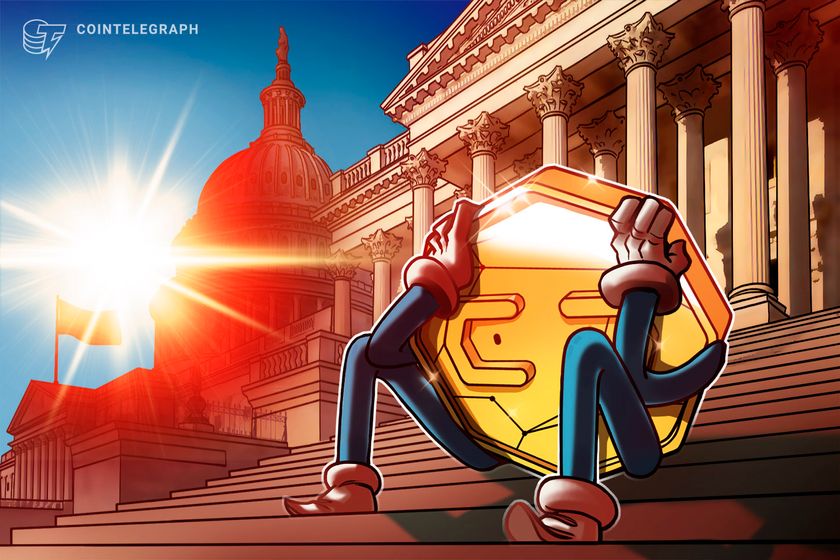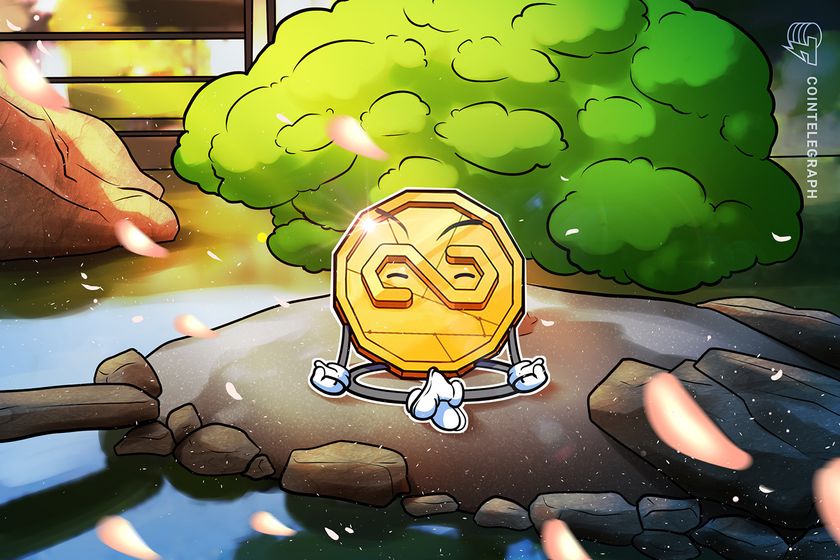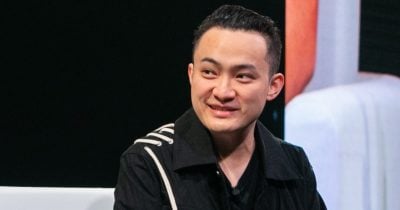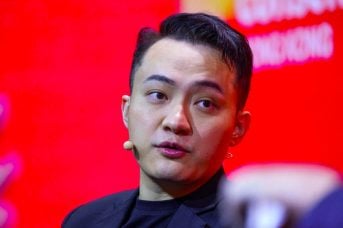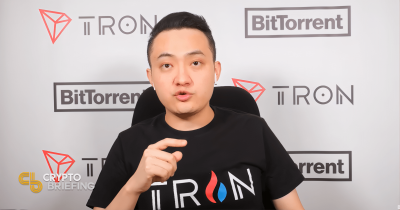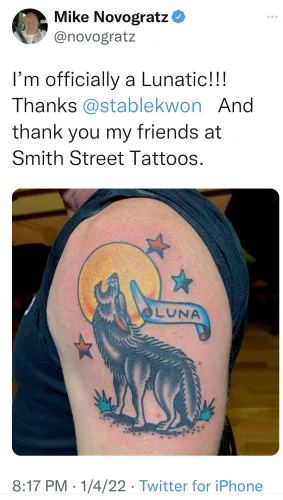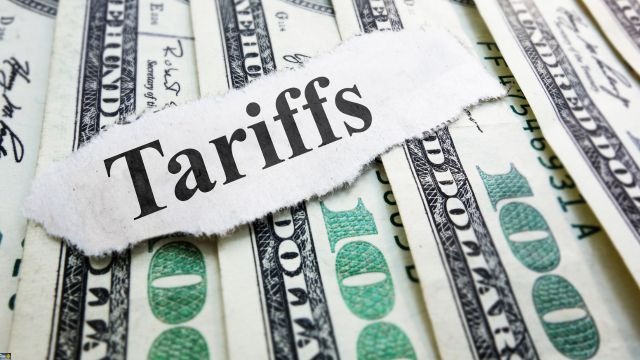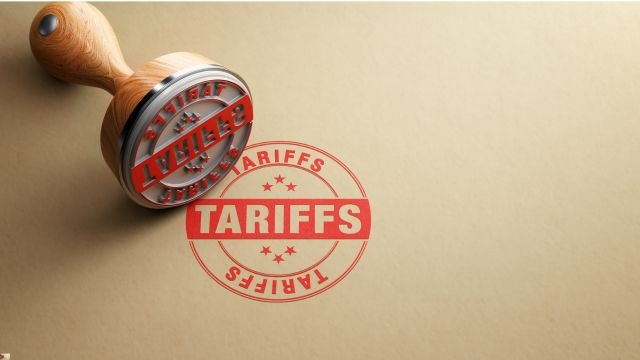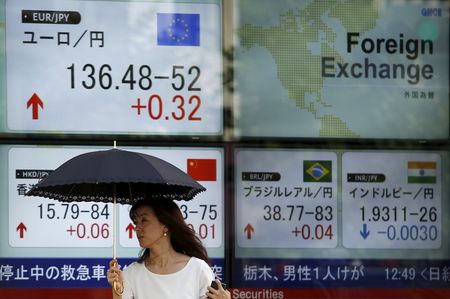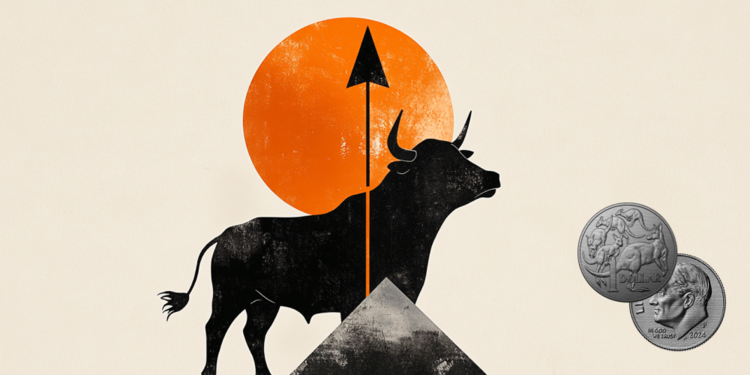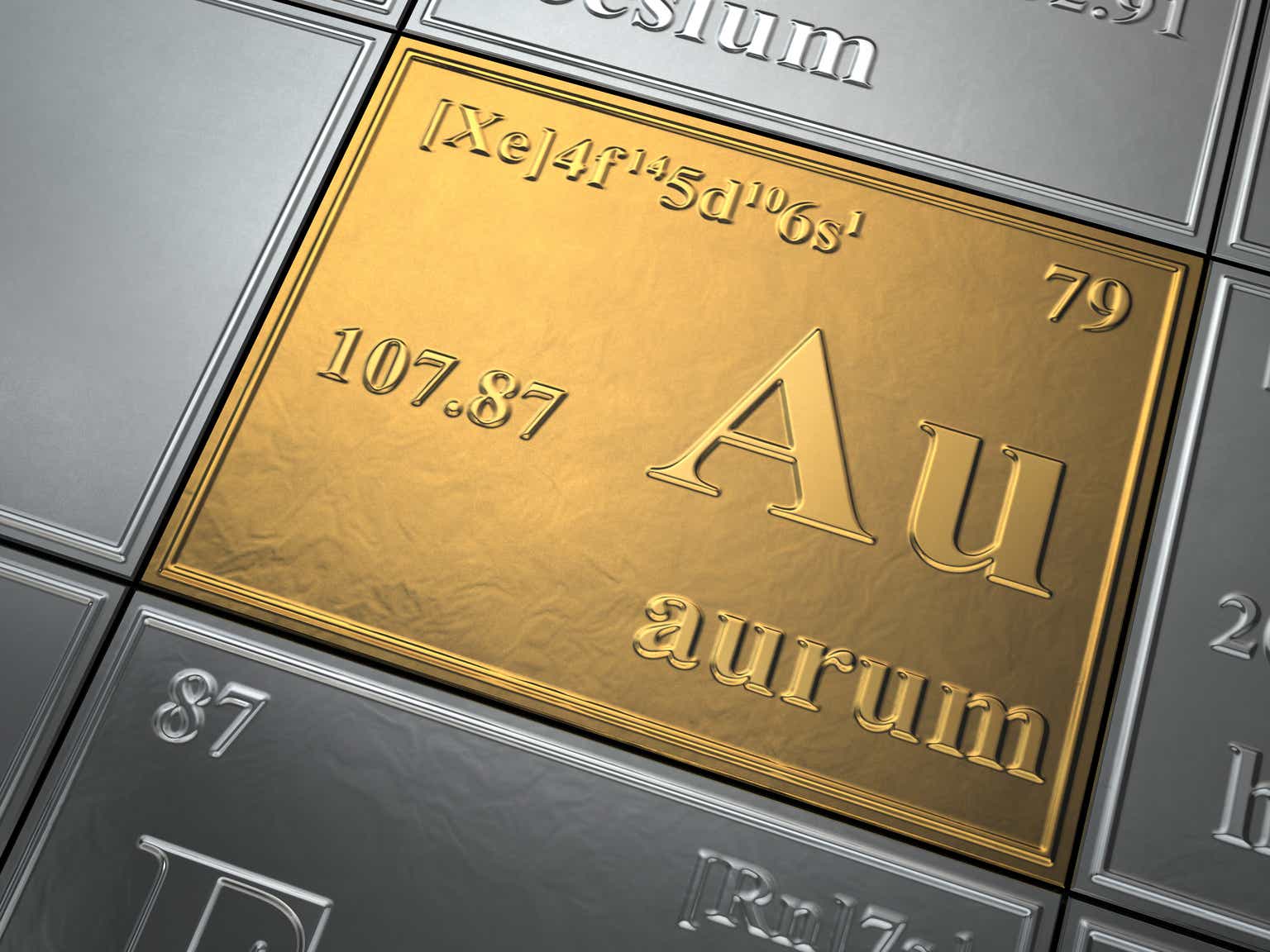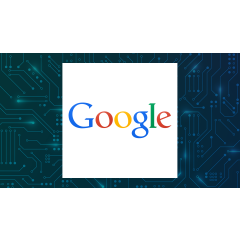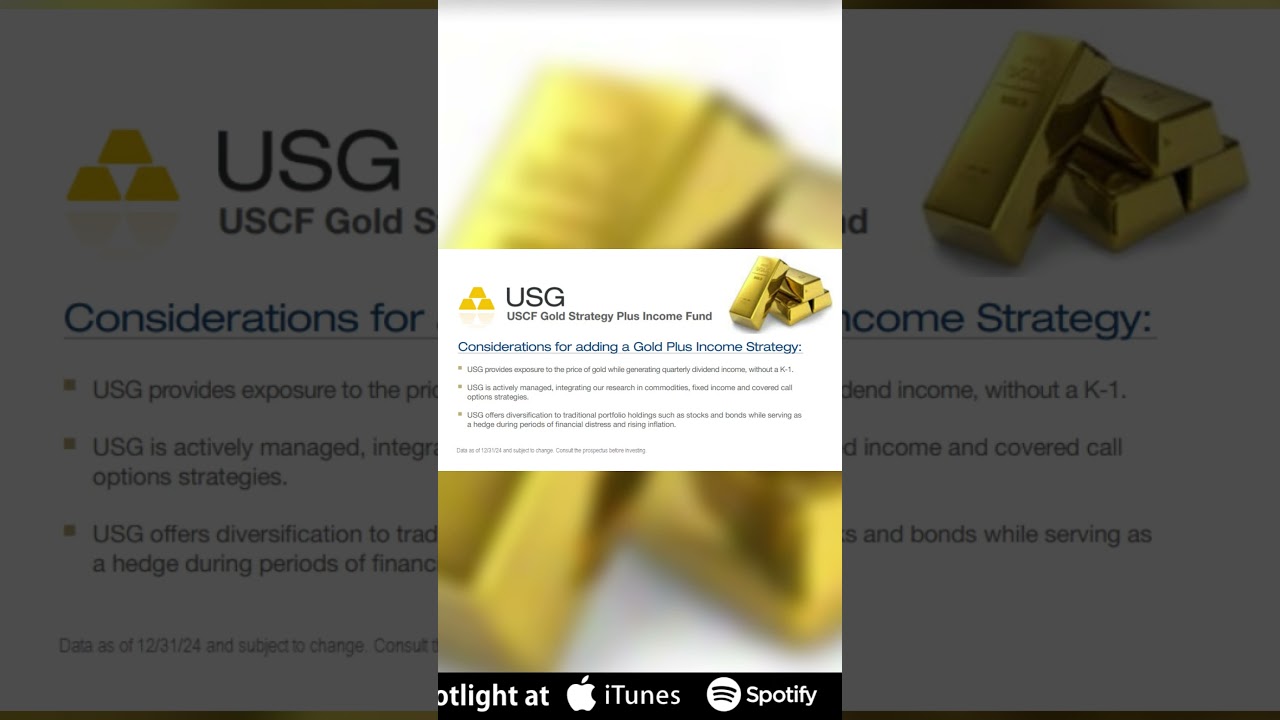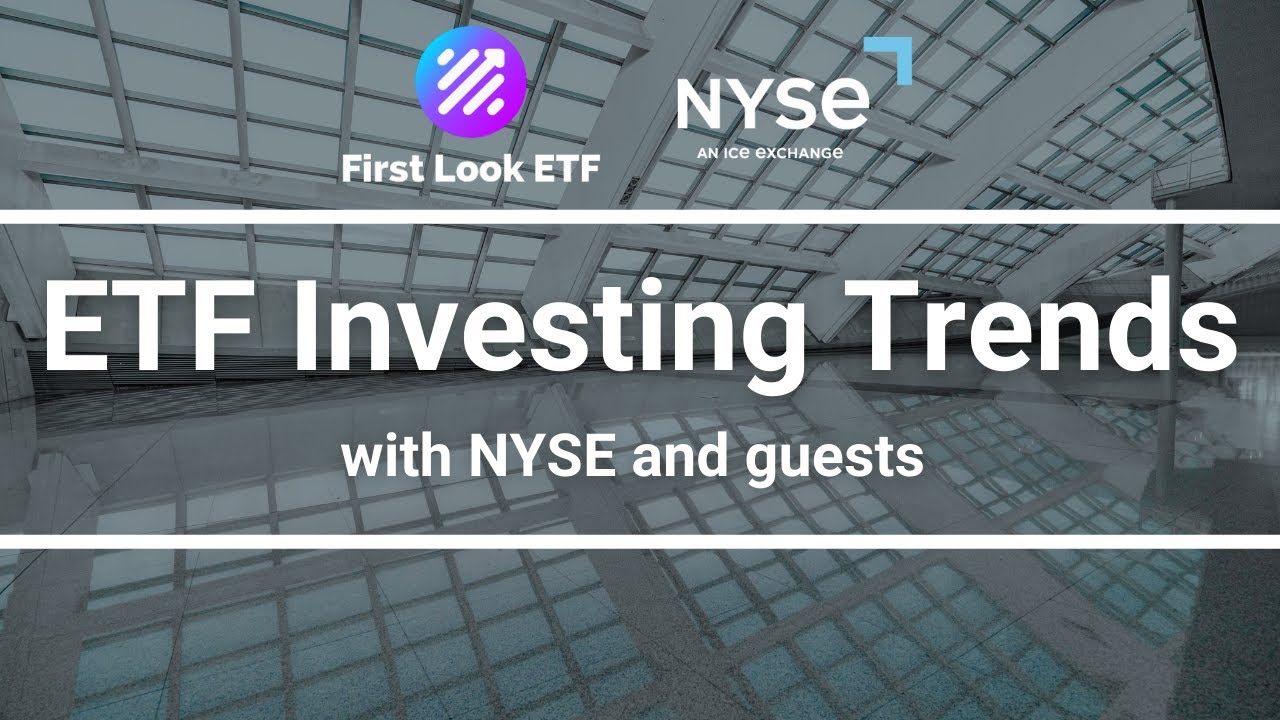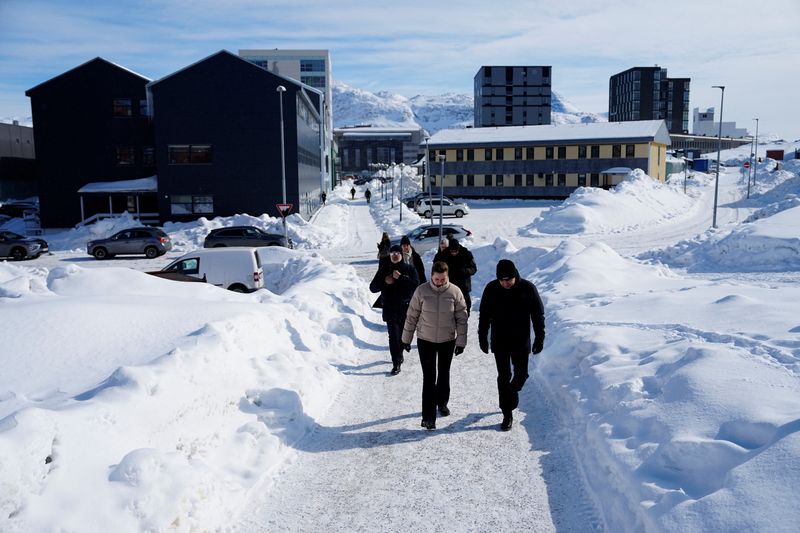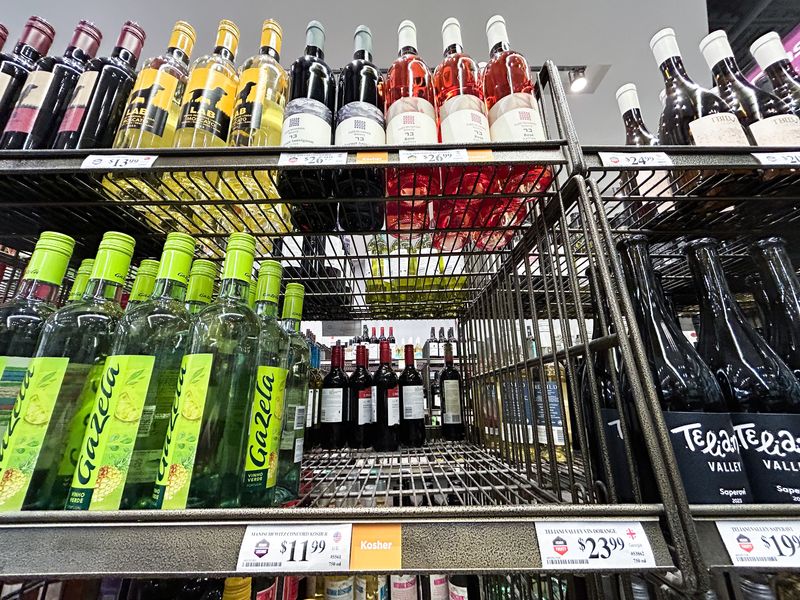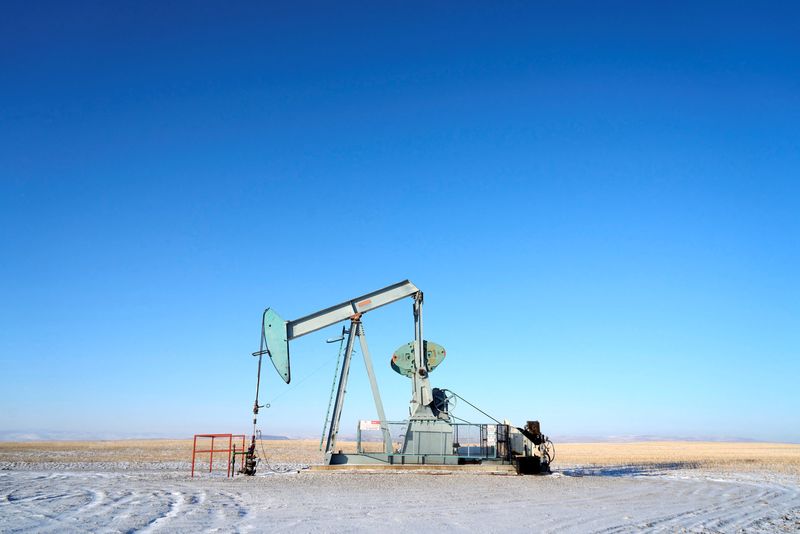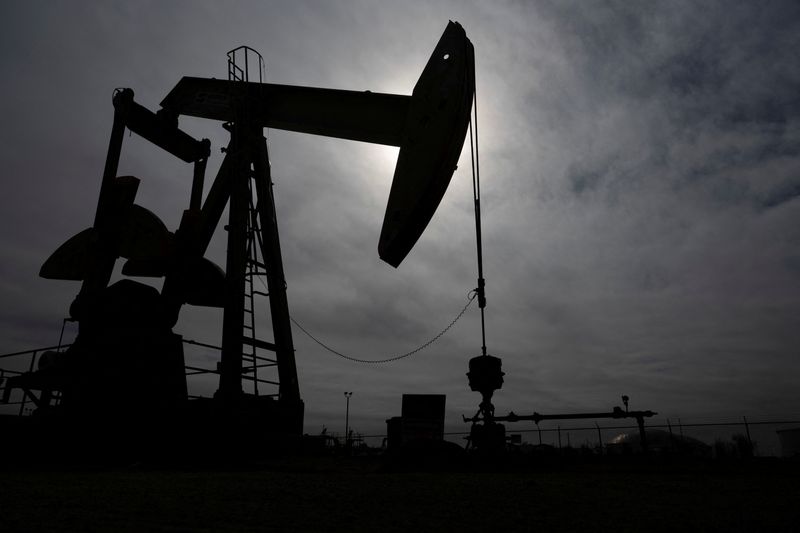AI and Trump 2.0 propel Softbank CEO Masayoshi Son back into the spotlight
Leading OpenAI's record-breaking $40 billion funding round shows the tech investor's knack for seizing big opportunities.

The first days of the second Trump administration offered the newly elected president a chance to share the spotlight with some of his most important allies. While some of the featured leaders were ones you’d expect—cabinet nominees, congressional leaders, megadonor Elon Musk—at least one was a surprise: Masayoshi Son, the Japanese billionaire tech investor.
The occasion for Son’s star turn in the White House Roosevelt Room on Jan. 21 was an announcement that SoftBank Group, Son’s Tokyo-based conglomerate, would put up most of the funding for Stargate, an ambitious partnership with OpenAI and Oracle that aims to turbocharge American leadership in artificial intelligence. Flanked by Oracle chairman Larry Ellison and OpenAI CEO Sam Altman, and standing on a box to be seen above the lectern, Son promised Trump that Stargate would invest a staggering $500 billion to build a nationwide network of data centers, power plants, and research centers. Trump lavished praise on “my friend Masa” for bankrolling “the largest AI infrastructure by far in history.”
“This the beginning of a golden age for America,” Son told Trump. “We wouldn’t have decided [to invest] unless you won."
It’s also a golden age for gambling on AI, and Son seems determined to be the table’s highest roller. SoftBank is leading a funding round of $40 billion for OpenAI, valuing it at $260 billion, in what could be a record single round for a private company. If finalized, that investment would position SoftBank as OpenAI’s largest shareholder. Meanwhile, SoftBank and OpenAI are launching a joint venture to develop and market AI in Japan.
(On March 31, after this story was originally published, SoftBank said it had agreed to lead a funding round of up to $40 billion in OpenAI Global, a for-profit subsidiary of the ChatGPT maker, valuing the company at $300 billion, in what could be a record single round for a private company. SoftBank plans to invest up to $30 billion in the subsidiary, with a syndicate of co-investors providing the remaining $10 billion.)
The surge is all the more striking because in some circles Son is best know for his failures. Indeed, the last time Son loomed so large in global headlines was in 2022, when his Vision Fund posted a $27 billion loss and teetered on the brink of collapse. Among its most spectacular debacles: office-sharing startup WeWork, for which the fund was forced to write down $14 billion.
But the comeback is vintage Son. Over the years, he has made and lost larger fortunes than perhaps any investor in the history of capitalism. From his early days as a scrappy software distributor, Son has demonstrated a flair for grand gestures, an unshakable faith in charismatic young founders with big ideas—and the capacity to bounce back from failed bets. It’s not far fetched to compare him to a daruma, a traditional Japanese doll that’s a symbol of perseverance. Daruma dolls have heavy, weighted bases; like America’s Weebles, they wobble but don’t fall down.
The wobble-and-rebound pattern has recurred throughout Son’s career—and each boom-and-bust cycle has seemed to leave his financial base more solid. SoftBank’s first big success was a bet on Yahoo, darling of the dotcom boom, which cemented Son’s reputation as a venture visionary and made him, briefly, the world’s richest man. Then Yahoo made a string of strategic errors, the boom went bust, and SoftBank’s market capitalization plummeted from more than $180 billion to $2.5 billion, a decline of 98%.
Son clawed his way back thanks to a $20 million investment, made just a month before the dotcom crash, that gave SoftBank a 34% stake in a then obscure Chinese e-commerce startup, Alibaba. Son famously claims to have decided to invest based on pure gut instinct after a six-minute meeting with founder Jack Ma. “It was the look in his eye, it was ‘animal smell,’” he recalled years later.
At its peak in 2020, SoftBank’s Alibaba stake was worth more than $200 billion, enabling SoftBank to borrow money for investments in hundreds of other ventures. In Japan, the company pioneered the expansion of high-speed internet and broadband, just in time to serve one of the world’s most tech-savvy younger generations. In 2006 SoftBank acquired Vodafone Japan, later rebranding it as SoftBank Mobile, a game-changing move that effectively put Son in control of one of Japan’s top telecom providers. That success paved the way for SoftBank to buy a majority stake in Sprint, which Son later merged with T-Mobile, creating the third-largest U.S. mobile carrier.
Son’s luck seemed to run out after 2017 when he launched the $100 billion Vision Fund, the world’s largest tech investment fund, with major backing from Saudi Arabia and the United Arab Emirates. The fund’s myriad wipeout losses eventually forced Son to unload many of SoftBank’s assets, including the bulk of its stake in Alibaba.
But if Son is unnerved by these gyrations, he has rarely shown it. He lives in a lavish mansion in Tokyo’s pricey Azabu Juban neighborhood, and in 2019, even as SoftBank’s fortunes were straining under the weight of WeWork’s failed IPO, he took out a personal loan from SoftBank to pay $117 million—then the most ever paid for a U.S. residential property—to acquire a sprawling European-style villa in Woodside, in the hills above Silicon Valley.
When it suits him, Son, who displays samurai swords and armor from his personal collection in his office atop SoftBank’s Tokyo headquarters, can be as intimidating as any feudal warlord. Anthony Tan, cofounder of Southeast Asian super app Grab, remembers being summoned to Tokyo for a meeting with Son in 2014. After an hour, Son cut to the chase: He was making Tan an offer he shouldn’t refuse. “You take my money, good for me, good for you,” Tan recalls Son saying. “You don’t take my money, not so good for you.” (Tan took the money.)
Uber CEO Dara Khosrowshahi has offered a succinct explanation for why tech CEOs have made countless 11-hour flights from San Francisco to Tokyo to meet with Son: “Rather than having their capital cannon facing me, I’d rather have their capital cannon facing behind me.”
Son’s cannon may have misfired at Vision Fund. But what enabled him to reload is the success of another singular investment: British chip designer Arm Holdings, which SoftBank took private in 2016. Since September 2023, when SoftBank listed Arm on the Nasdaq, its market cap has soared to nearly $120 billion, enabling SoftBank to pledge some of its 90% stake as collateral to take on debt.
SoftBank will need that new ammunition. For Stargate, SoftBank has pledged to provide $19 billion of the initial $52 billion in funding commitments for the venture in exchange for a 40% stake. In mid-March, it splashed out $6.5 billion to buy Ampere Computing, a U.S. chip designer focused on AI compute. Softbank’s overall AI spending commitments far exceed the $31 billion in cash it had on its balance sheet at the end of last year. The Information reports that SoftBank is in talks with bankers to borrow $16 billion to invest, in addition to $18.5 billion it recently arranged to borrow, secured by its Arm stake.
The larger question looming over the Stargate bet is whether it will be worth the returns. On Jan. 27, only six days after the White House ceremony, global investors woke up to reports that DeepSeek, a little-known startup based in Hangzhou, China, had developed an AI model that performs as well as or better than OpenAI’s leading model but requires far less memory and guzzles far less electricity. DeepSeek said it developed the model for less than $6 million, a fraction of the billions Big Tech companies say they are spending on their models.
$19 billionSoftBank's initial funding commitment for the Stargate AI infrastructure project
The “DeepSeek shock” challenged prevailing assumptions about the correlation between how AI models perform and how much they cost. But much of the tech community sees those doubts as a distraction from a bigger truth—that growing demand for AI will create a voracious need for power and hardware, even if AI models themselves become more efficient. Altman has argued in a paper on the OpenAI website that “infrastructure is destiny.”
Clearly, the huge estimates of what it will cost to build that infrastructure don’t scare Son. “Some people say, after the DeepSeek syndrome, ‘Oh, you are overspending,’” he said shrugging at a February appearance with Altman at a SoftBank conference in Tokyo. “‘You know, you can save so much more by spending less.’ But I think you are looking at it the wrong way…How much of global GDP will be replaced by something a billion times smarter?”
Son estimates that within a decade, AI-driven solutions will replace at least 5% of global GDP, and potentially as much as 10%: “You shouldn’t be scared of spending a few trillion dollars if it returns $9 to $18 trillion per year. Why should you try to be efficient? For what? I don’t get it.”
At the same event, Son reminisced about past meetings with Altman. In 2017, Altman came to Tokyo looking for funding, but Son sent him away empty-handed. Two years later, as OpenAI developed one of the world’s most sophisticated AI models, Son offered to invest $1 billion in the venture. This time Altman refused.
Onstage, Son had a rosier recollection of the 2019 encounter: “You said that you’re going to go for AGI [artificial general intelligence]. I immediately said, ‘I believe you. I want to invest.’ From there I was a believer. I never doubted. Most people at that time thought you were crazy, right?”
“Some people think you’re crazy too,” Altman replied. “It all works out.”
This article appears in the April/May 2025 issue of Fortune with the headline "The nine lives of Masayoshi Son."
A gambler at tech's highest-stakes tables






This story was originally featured on Fortune.com


